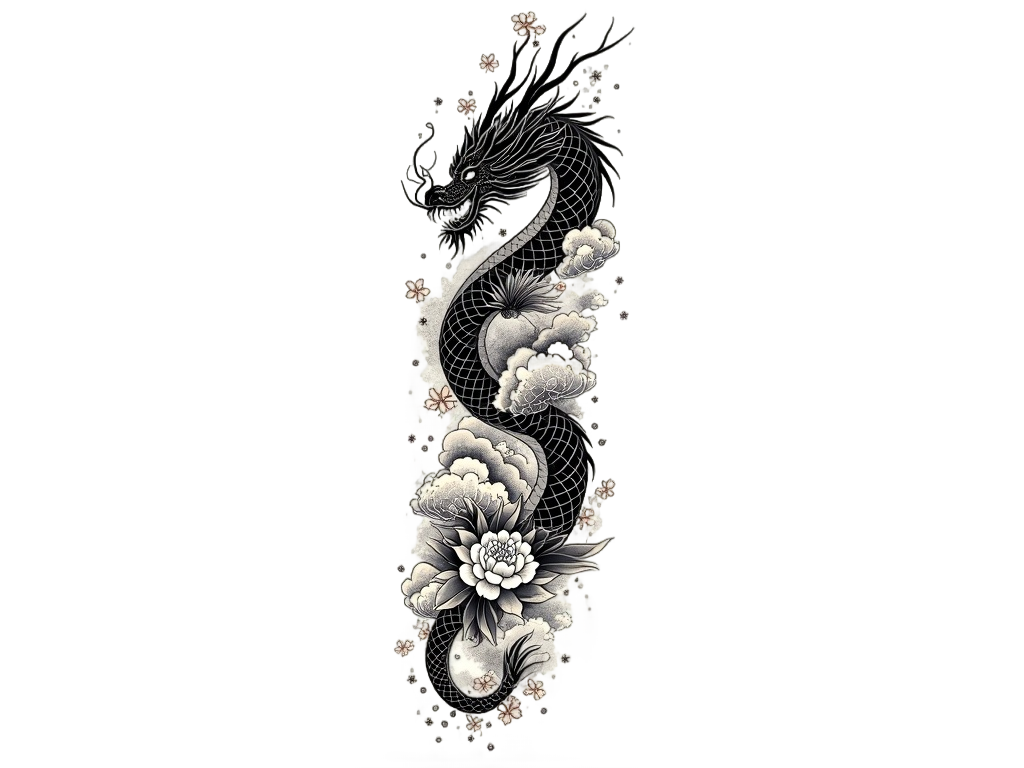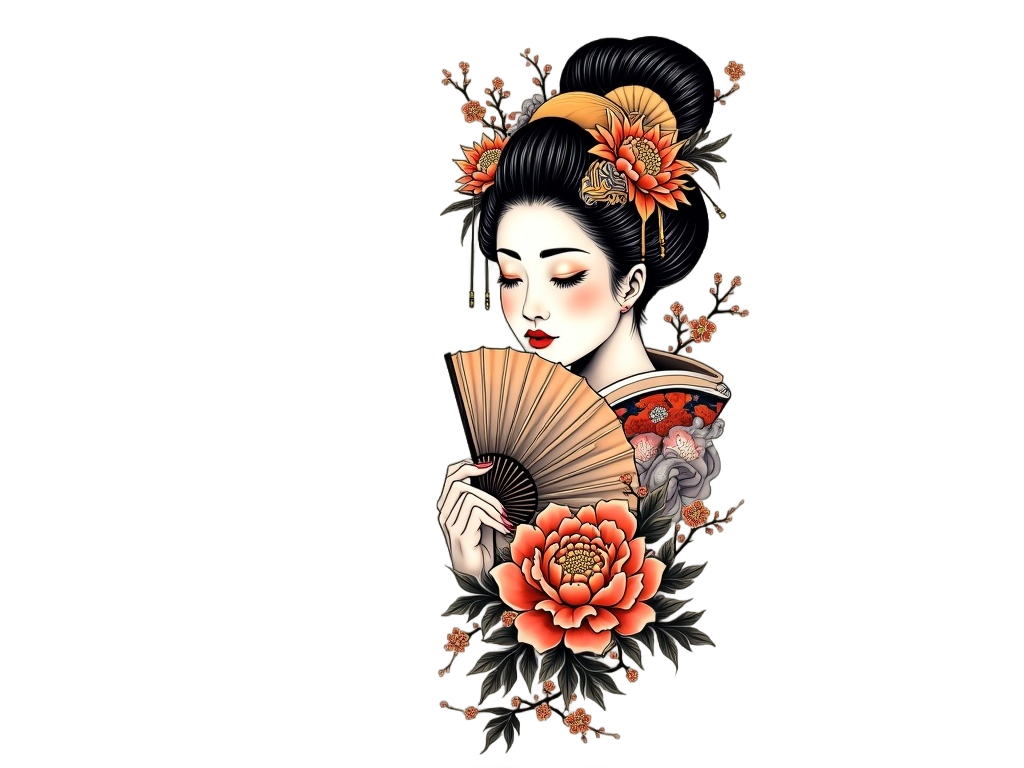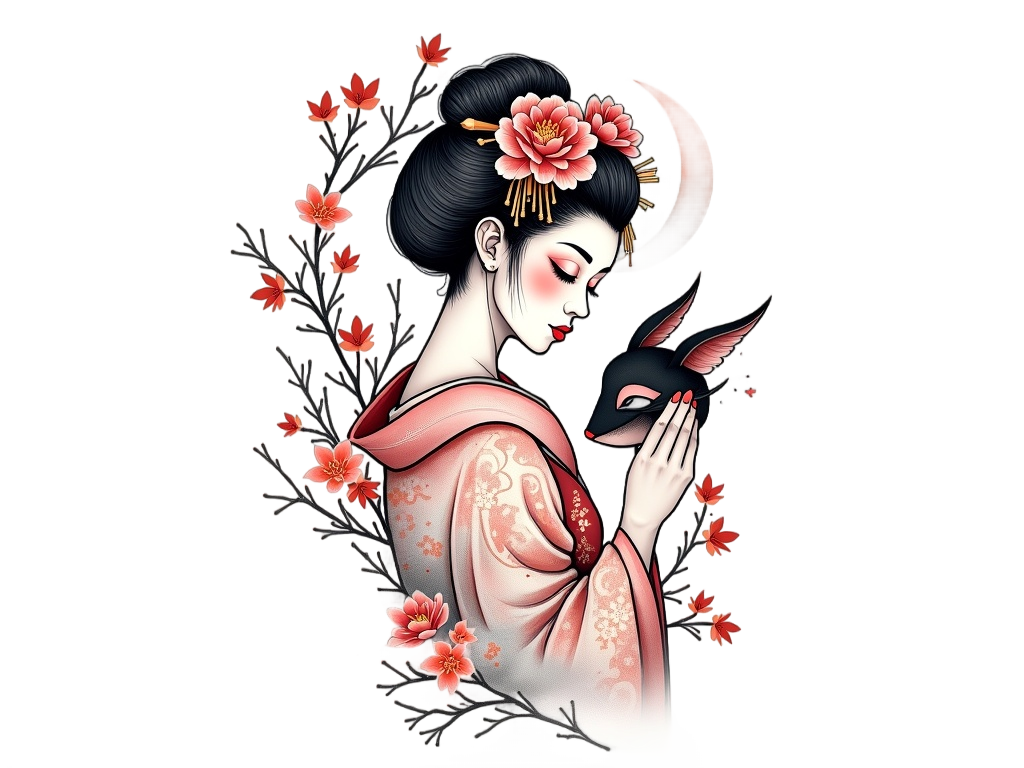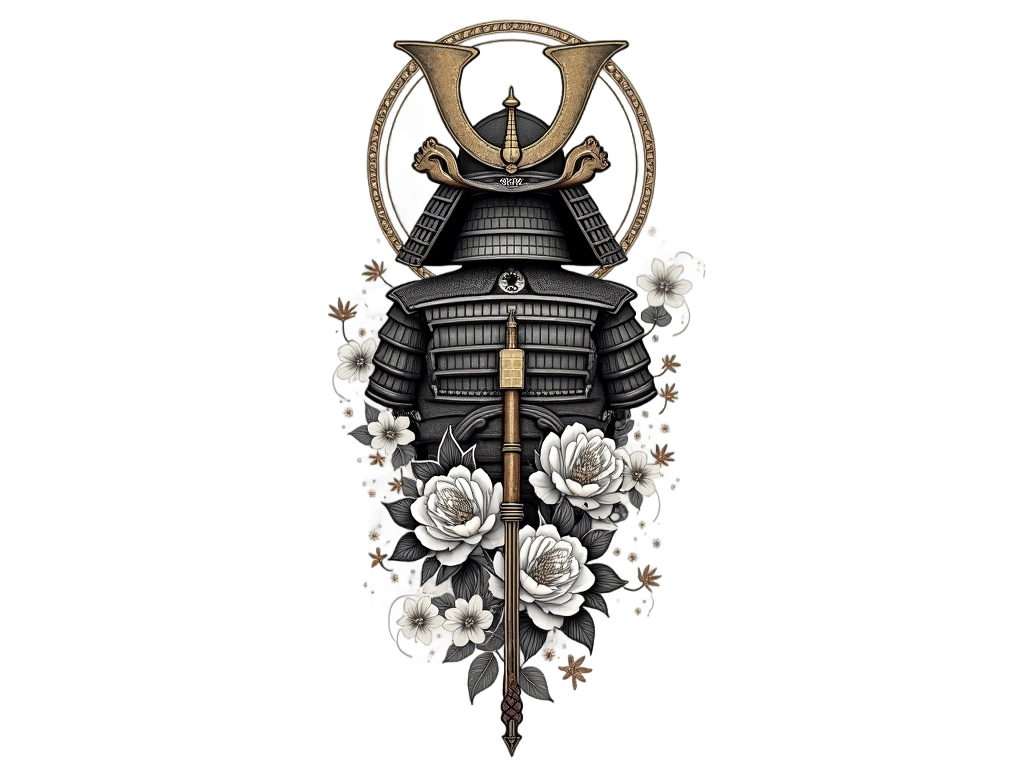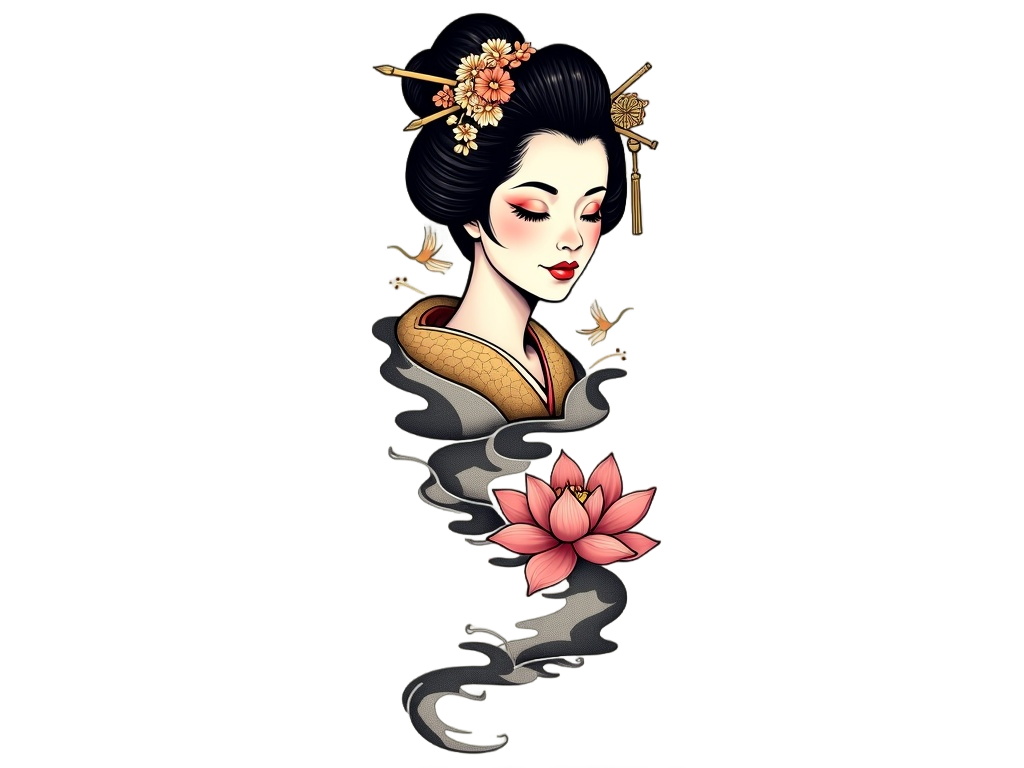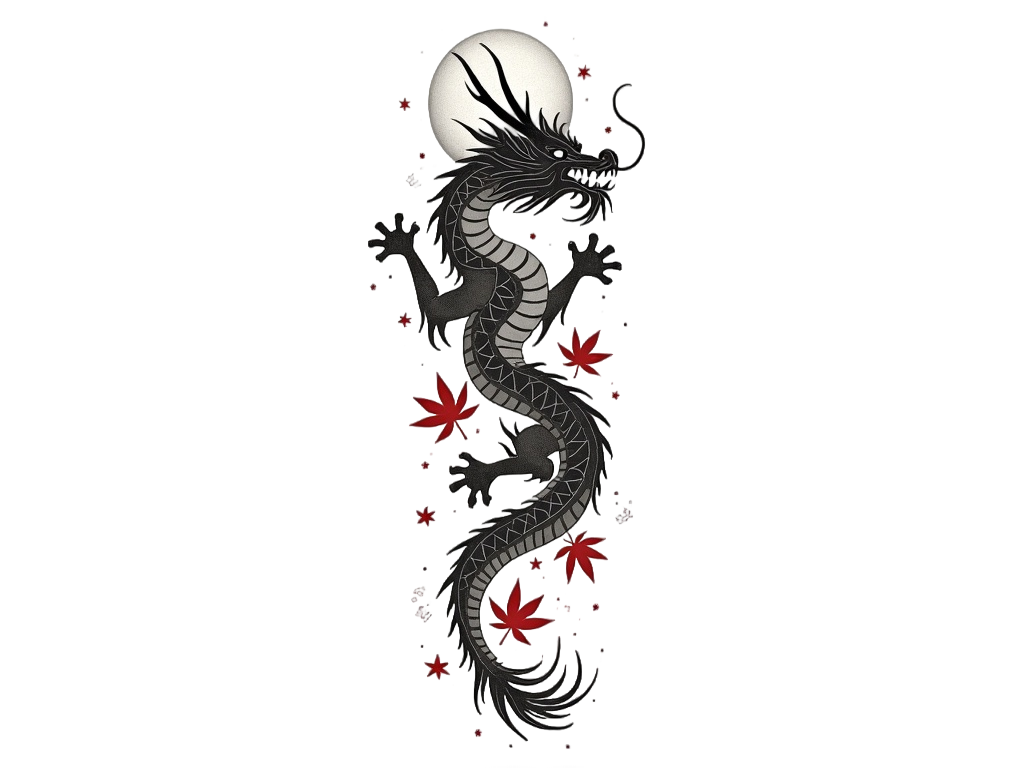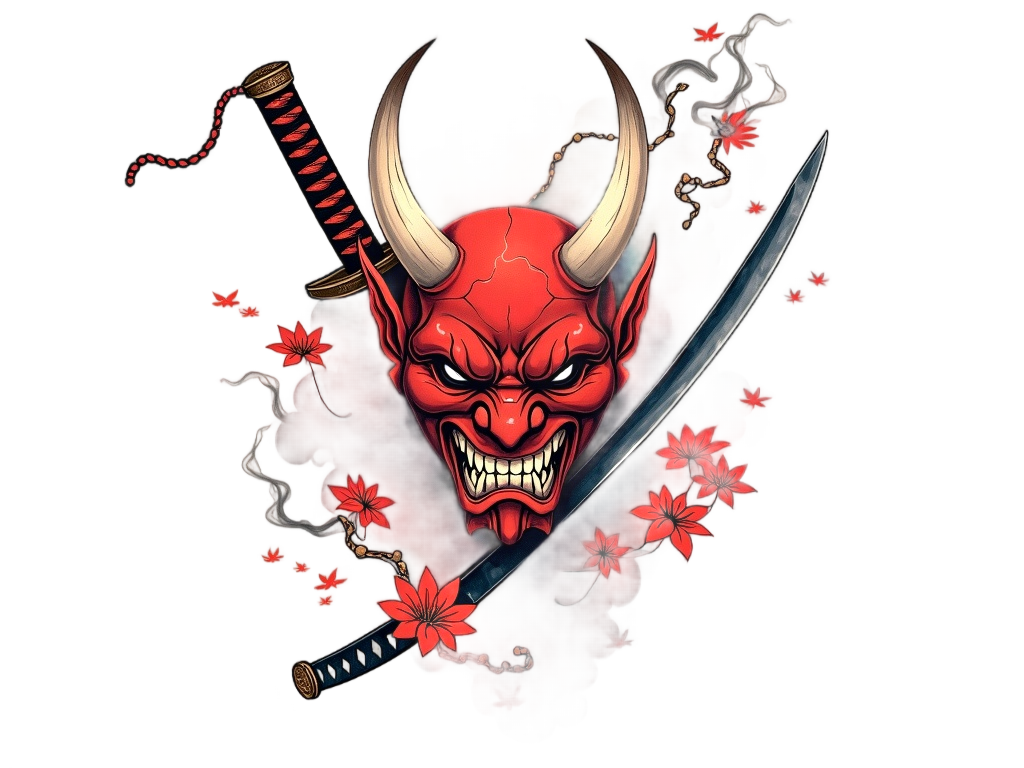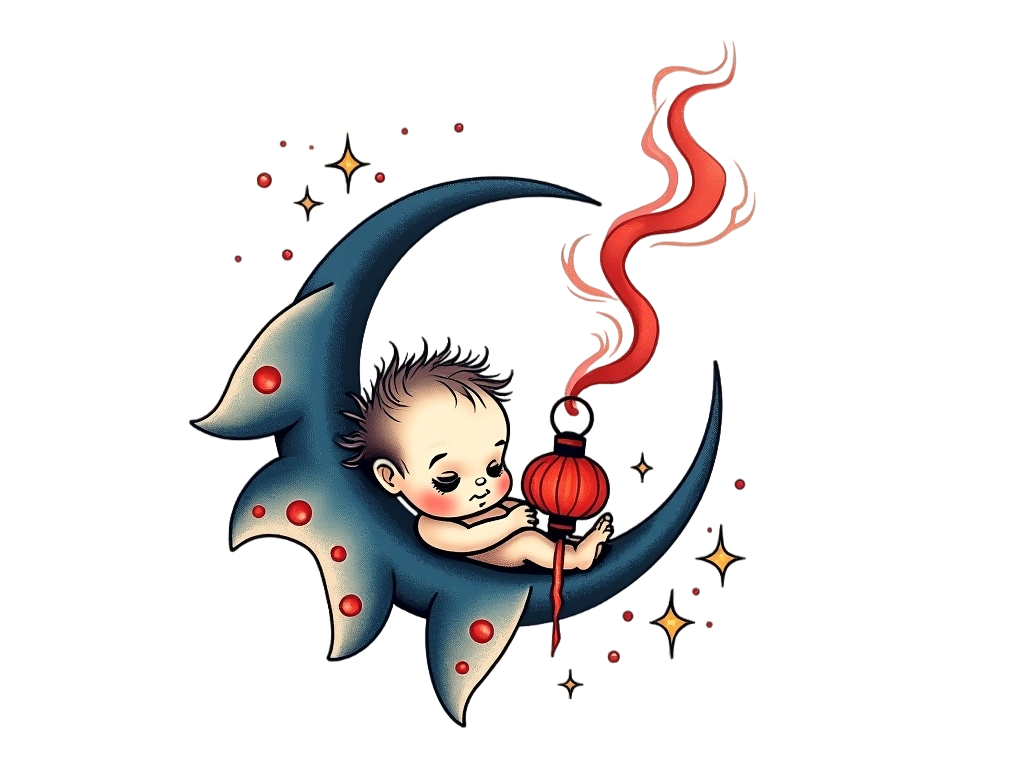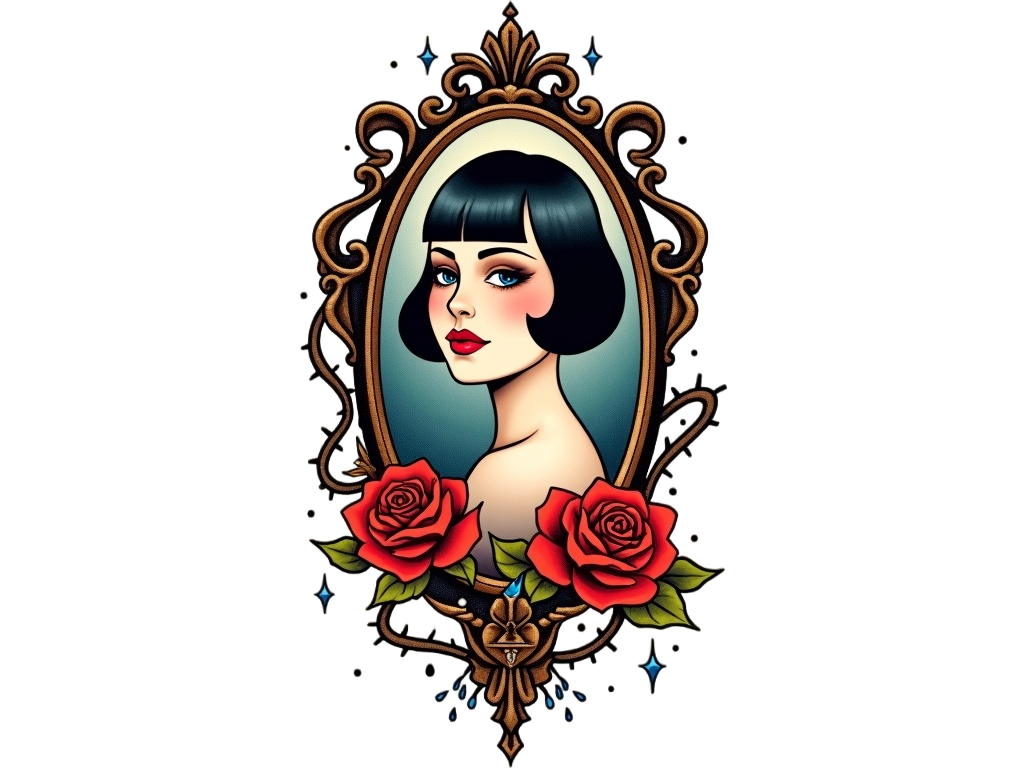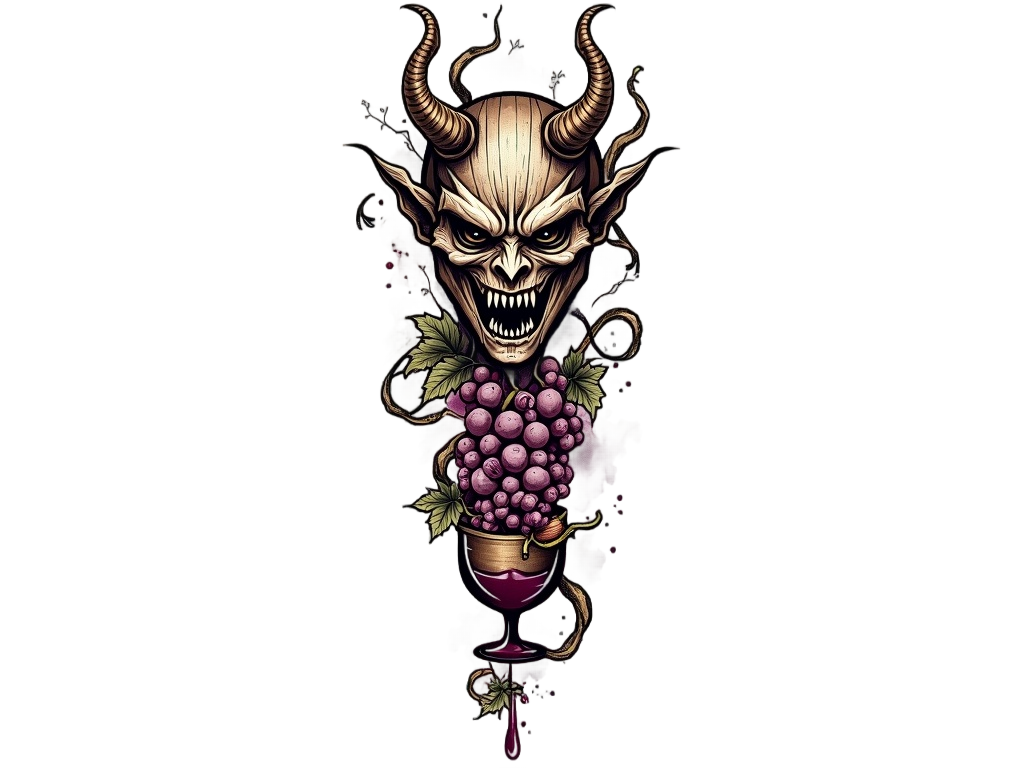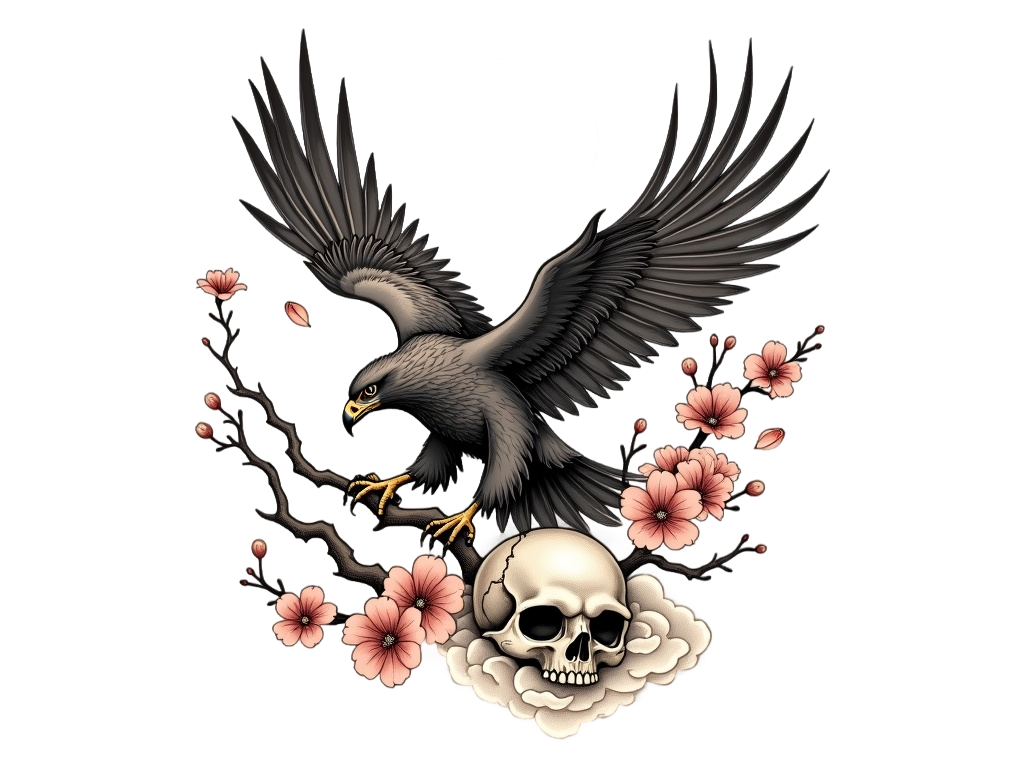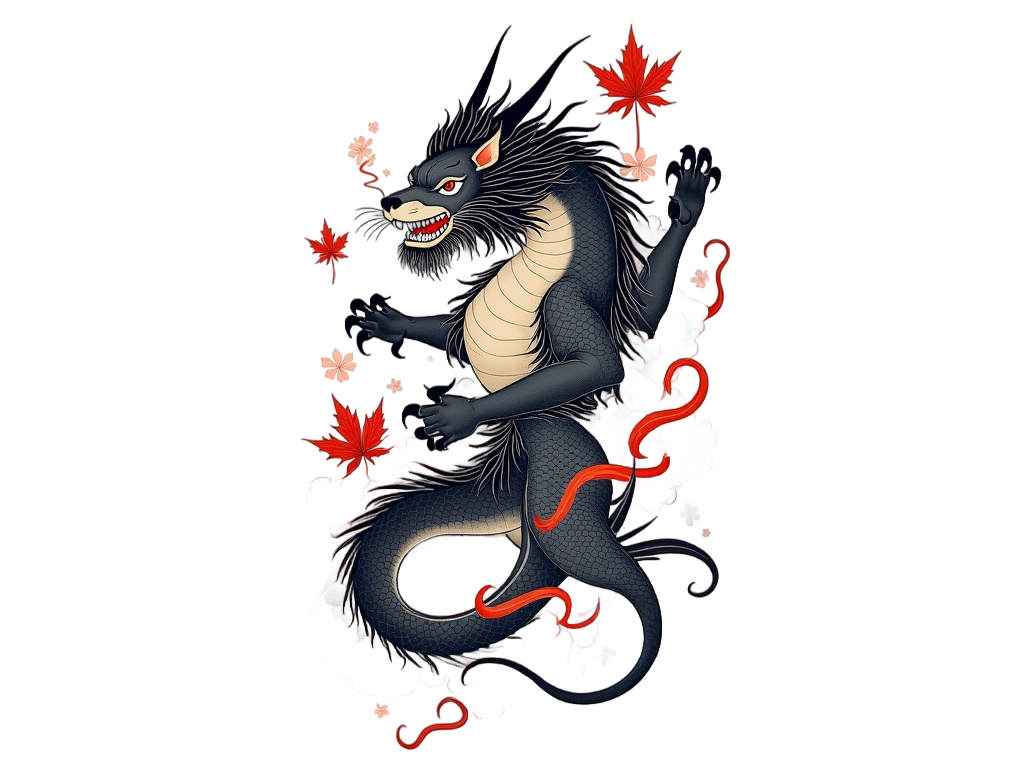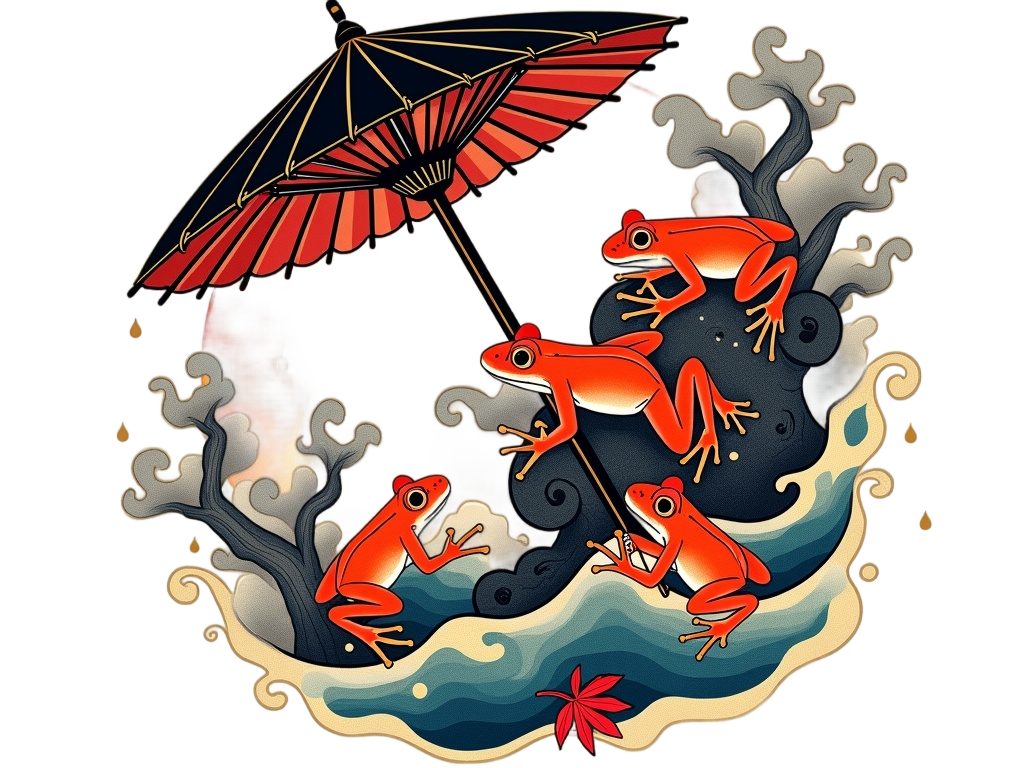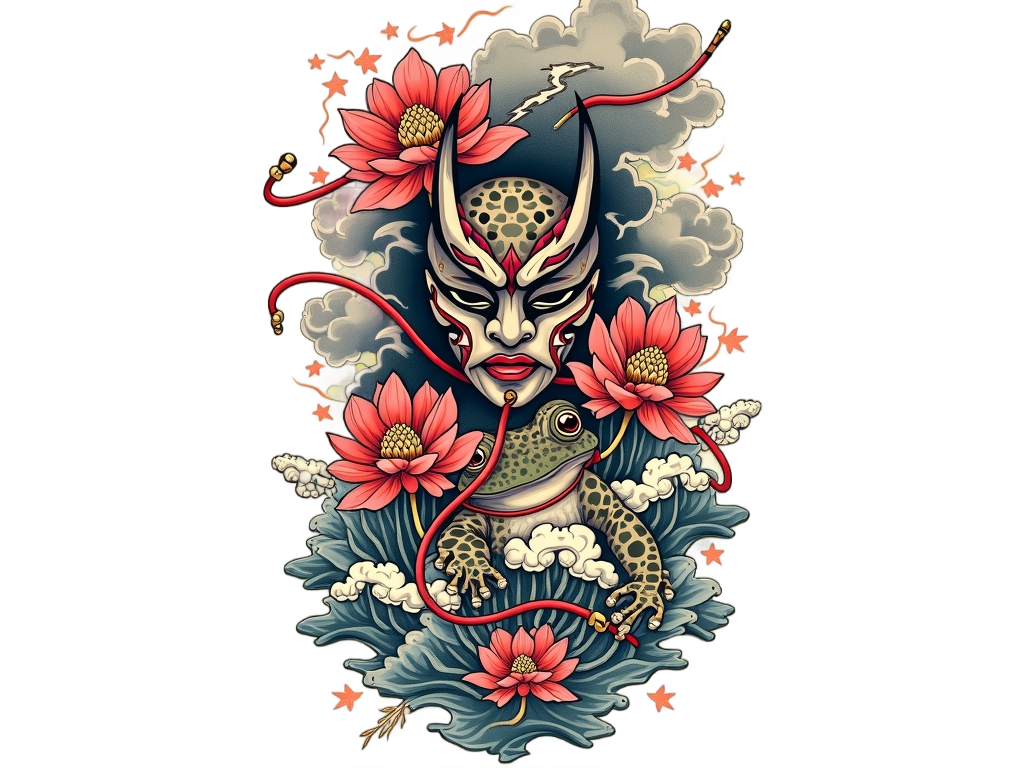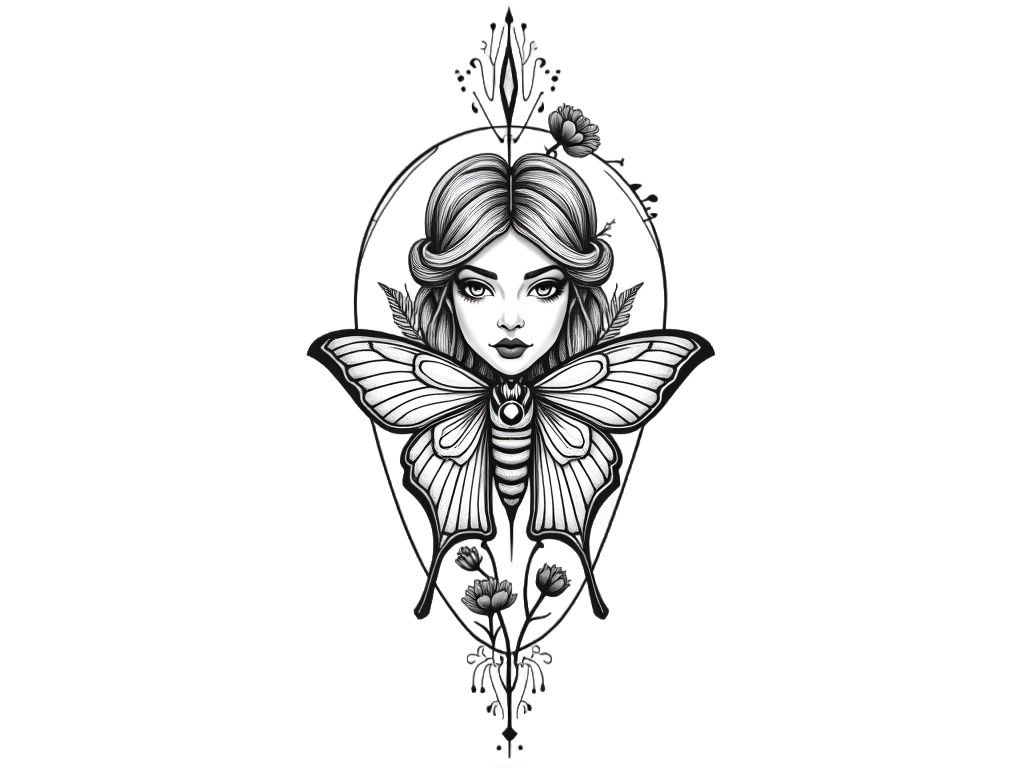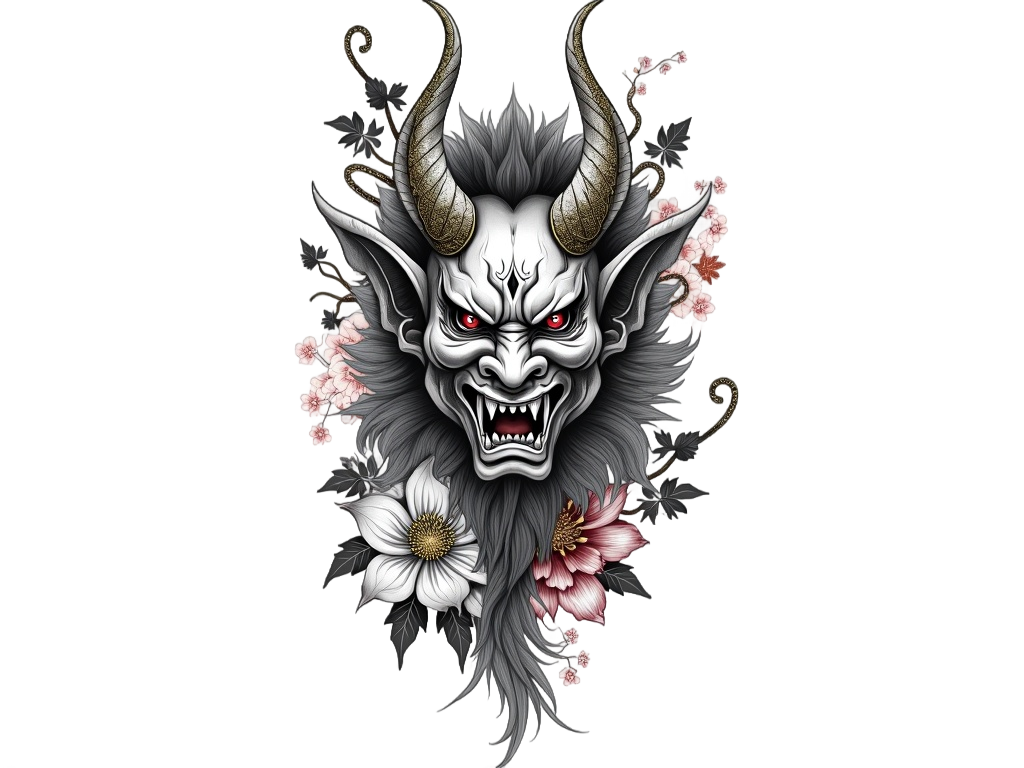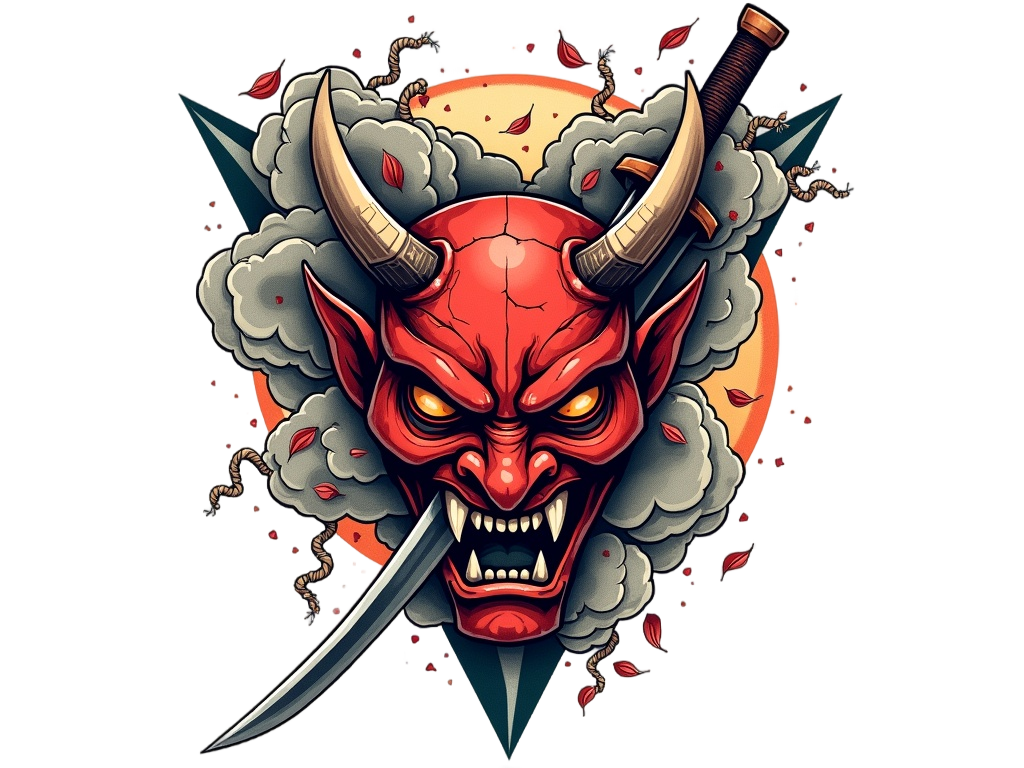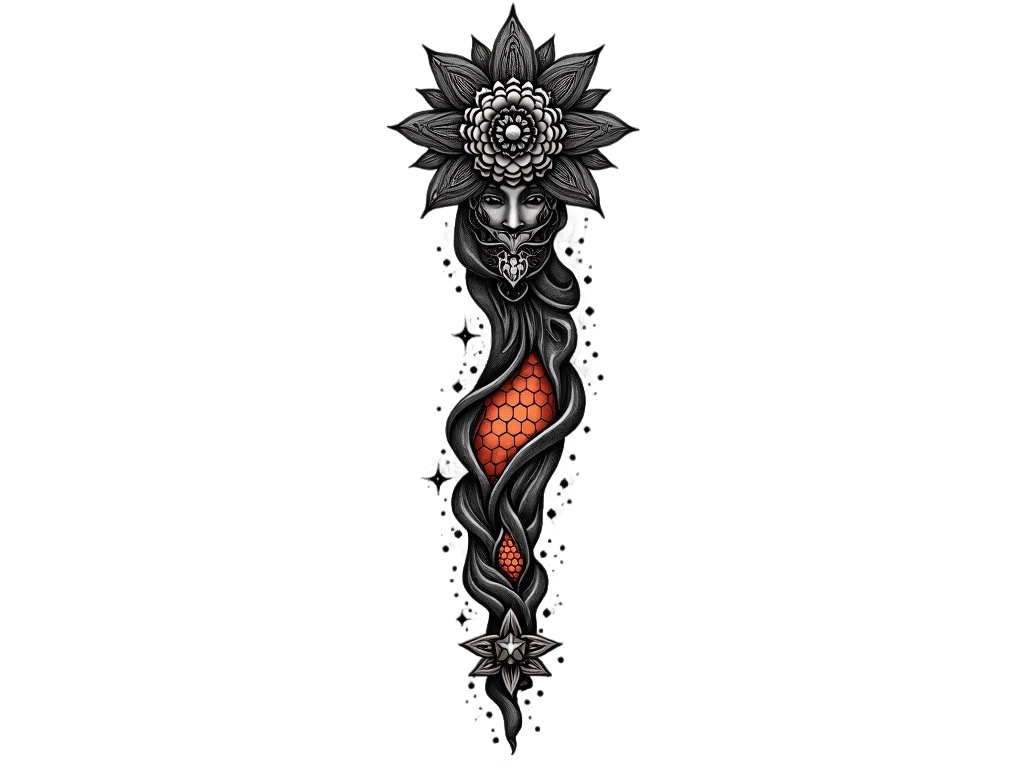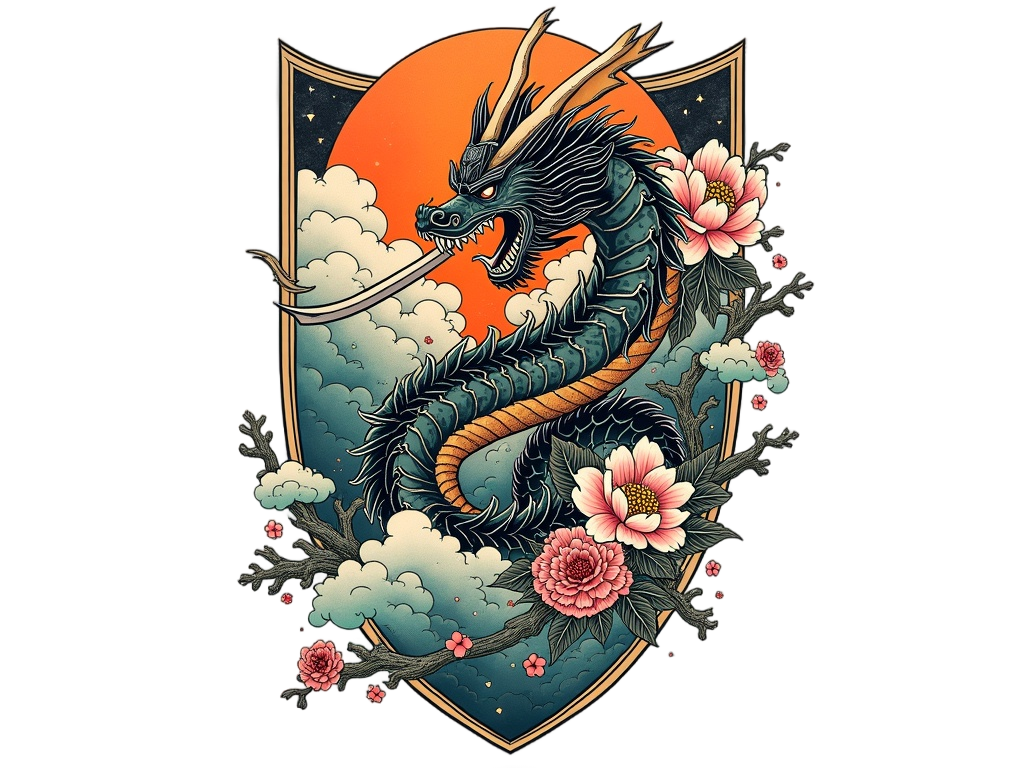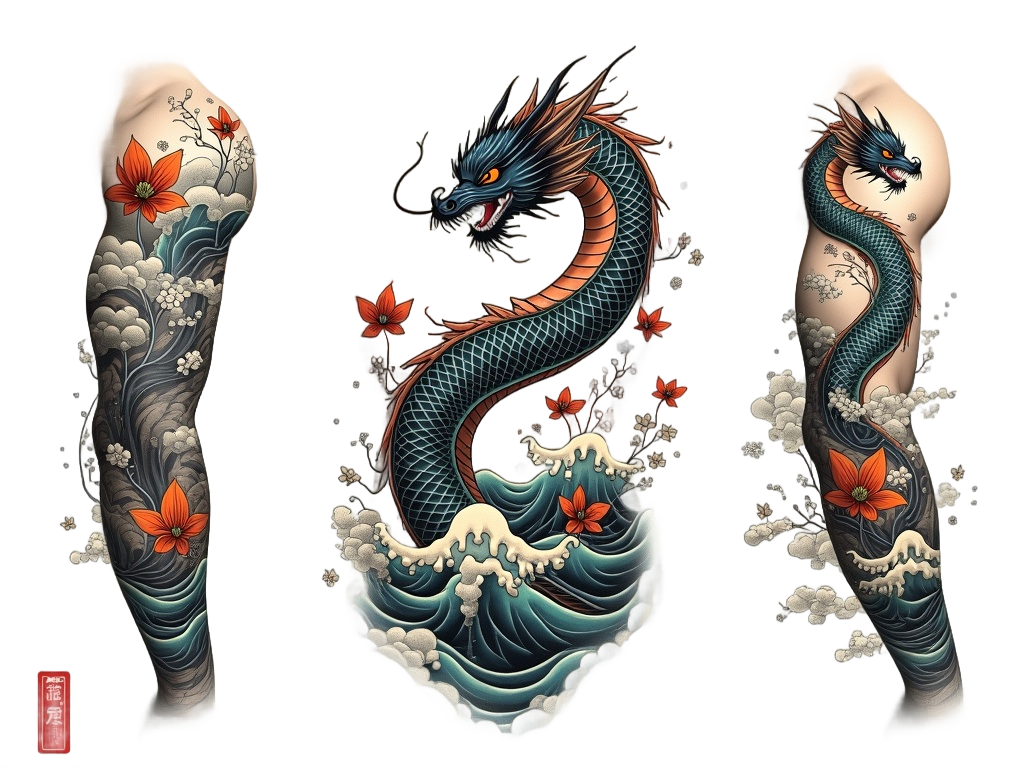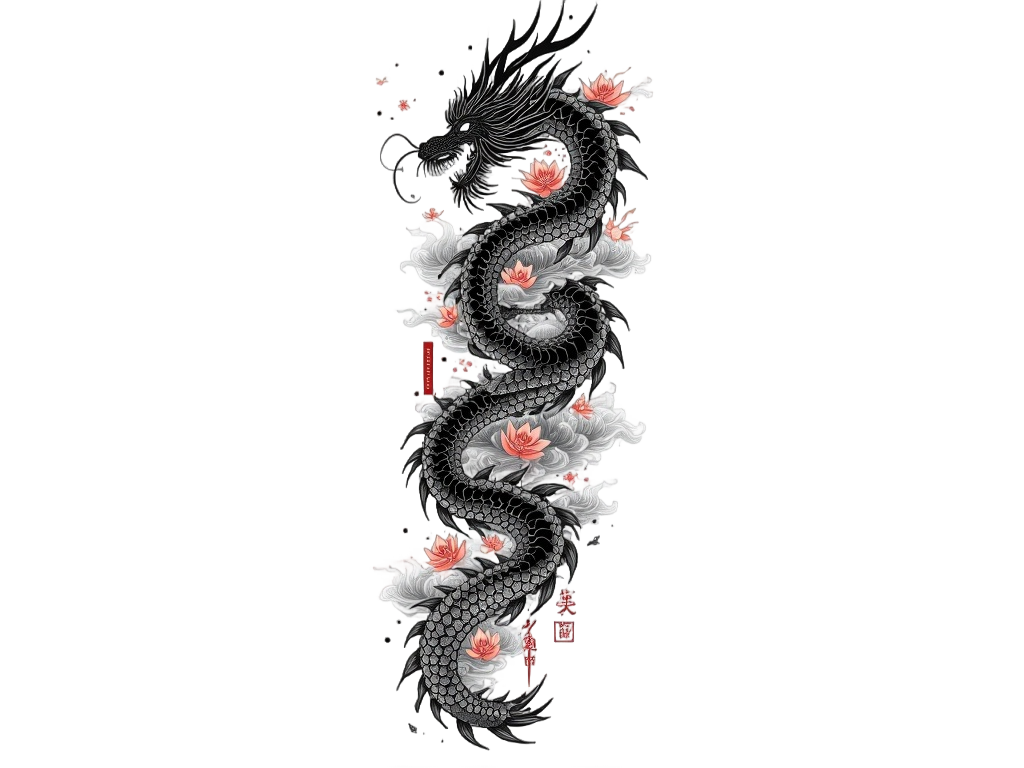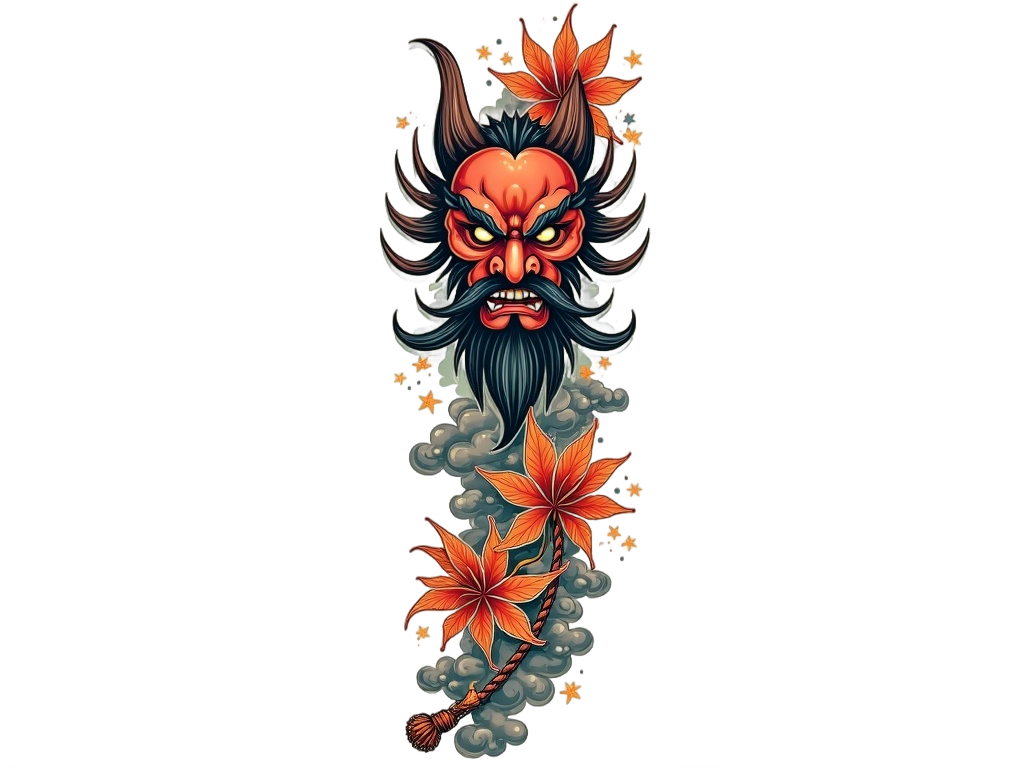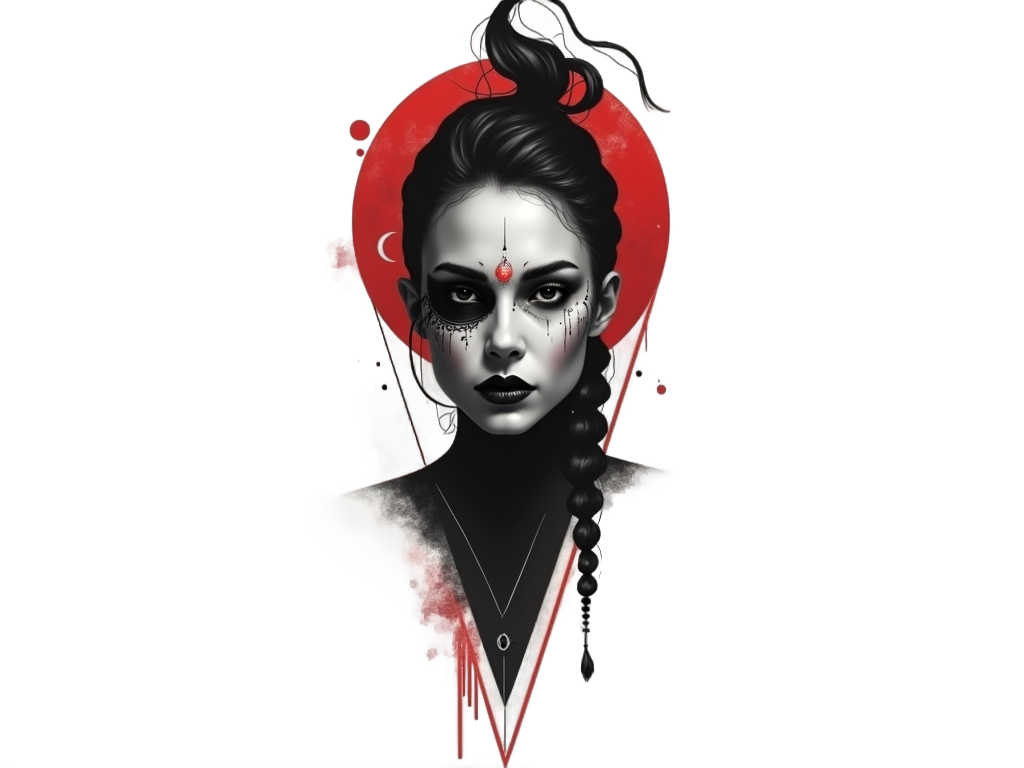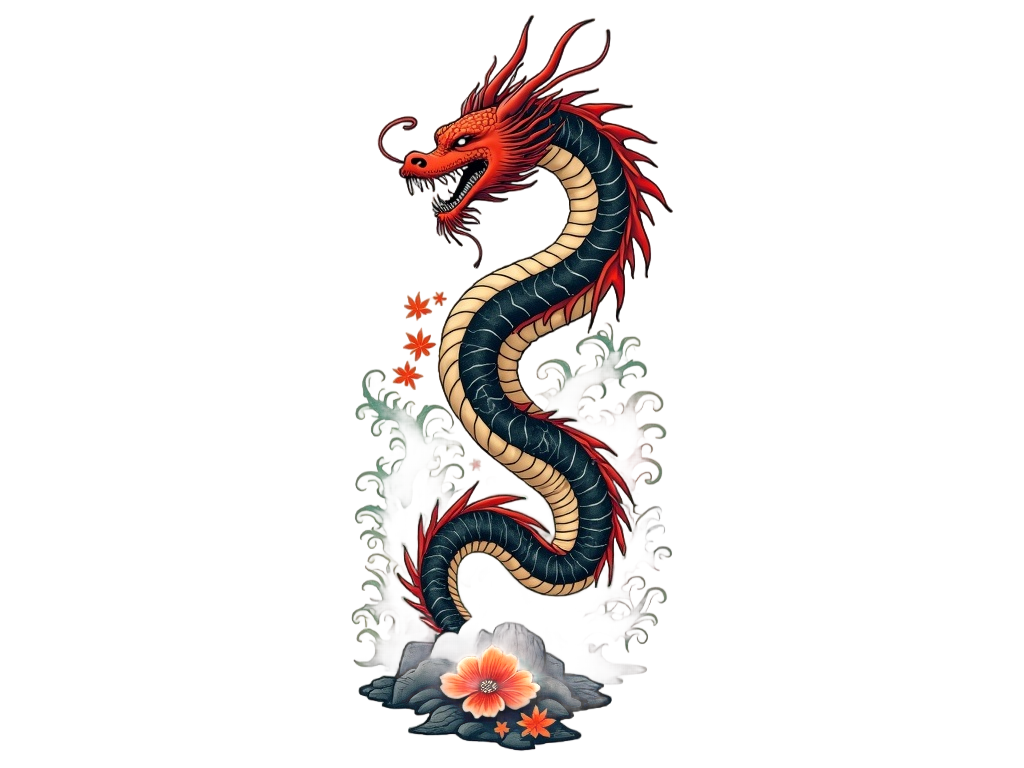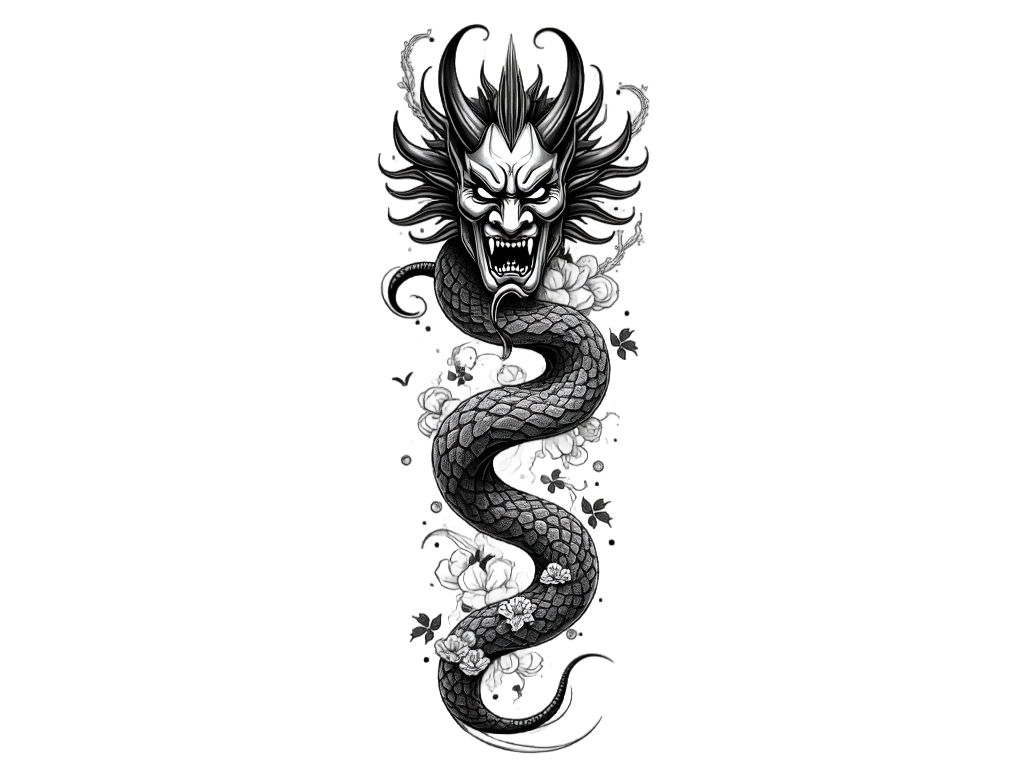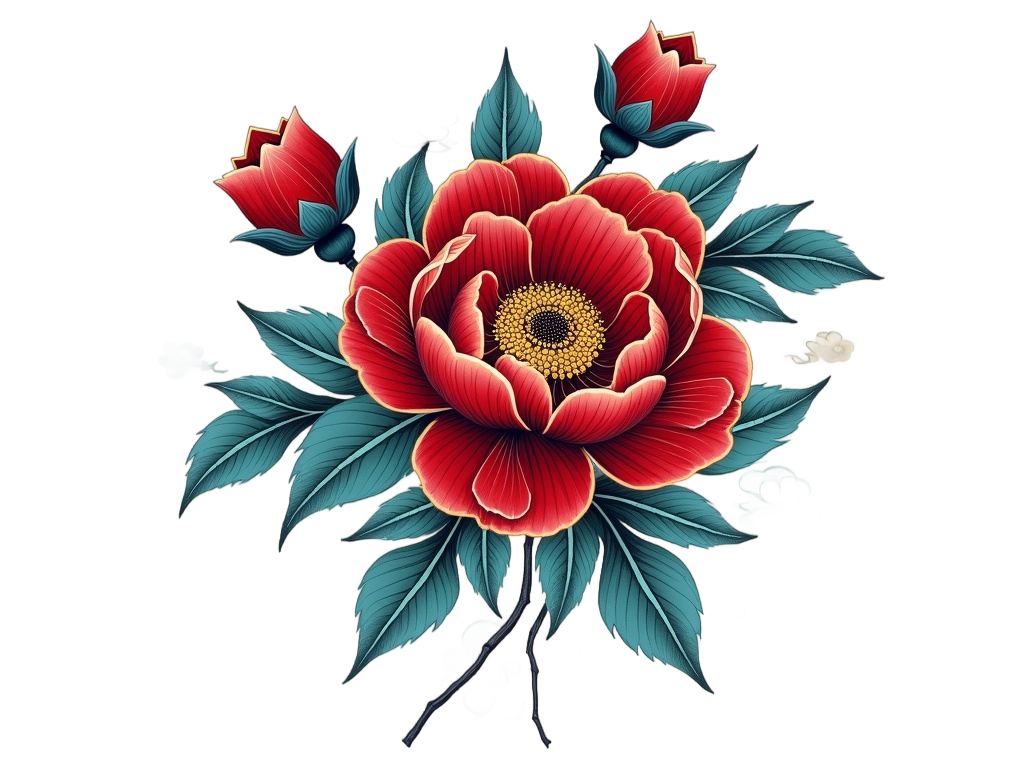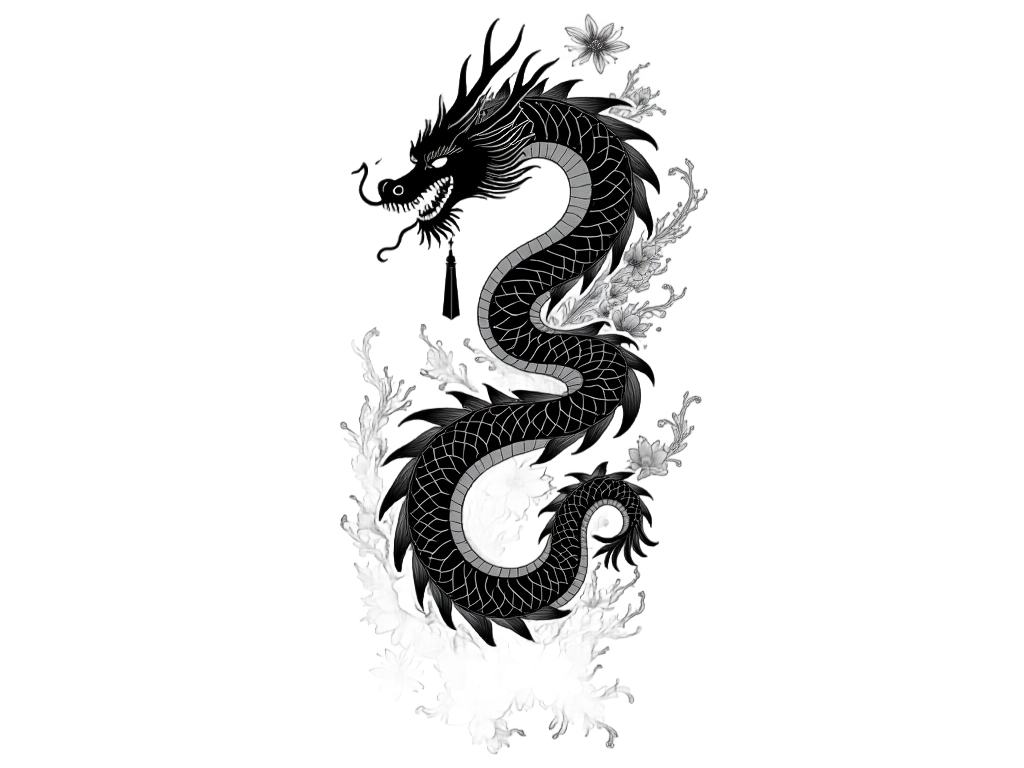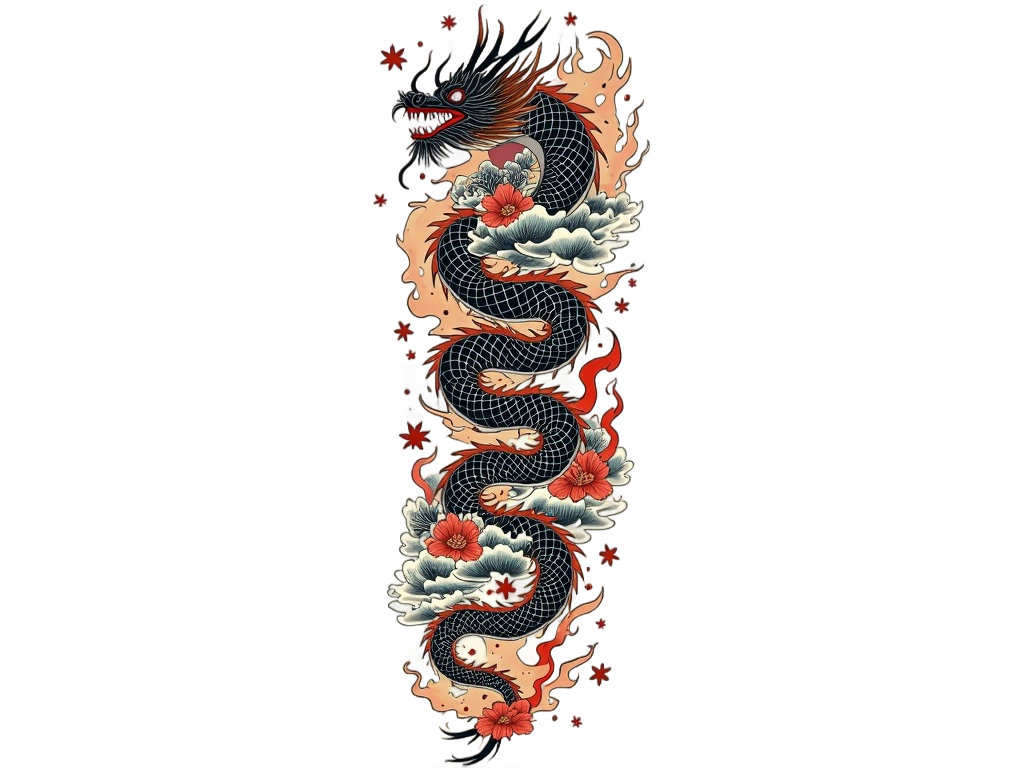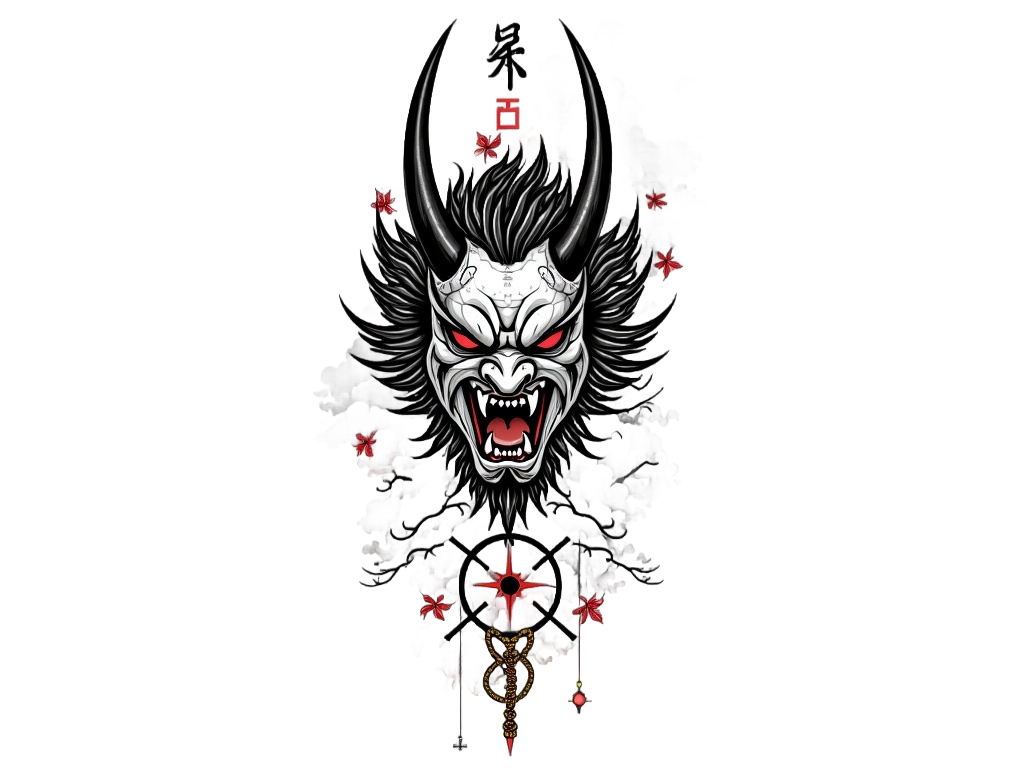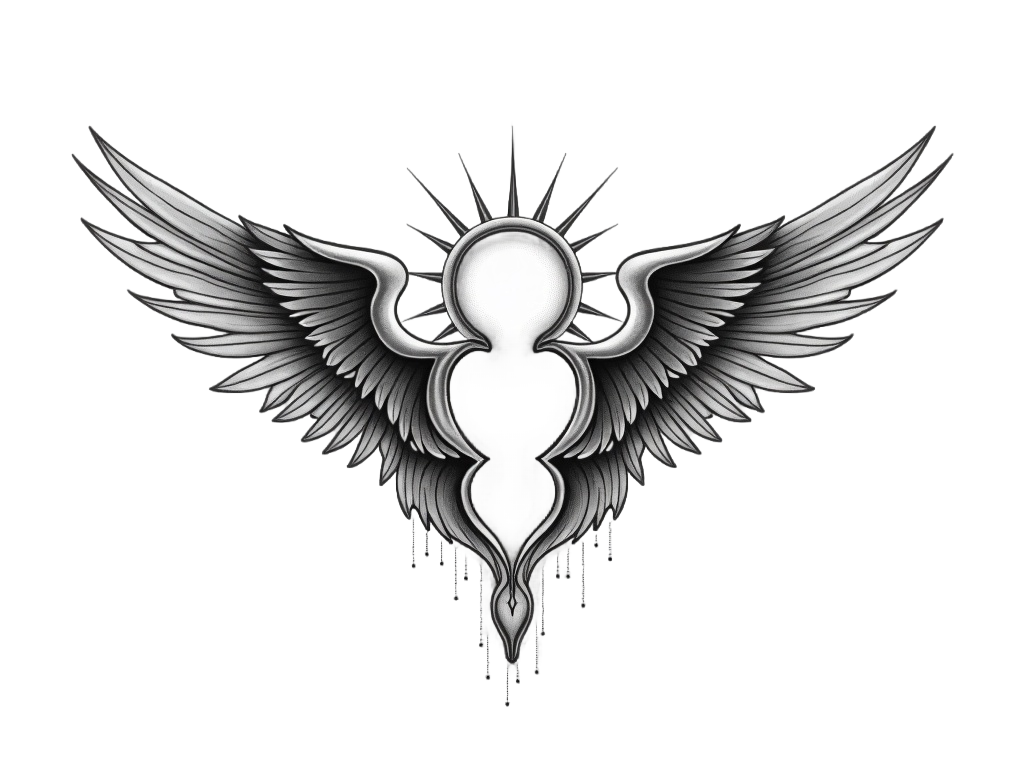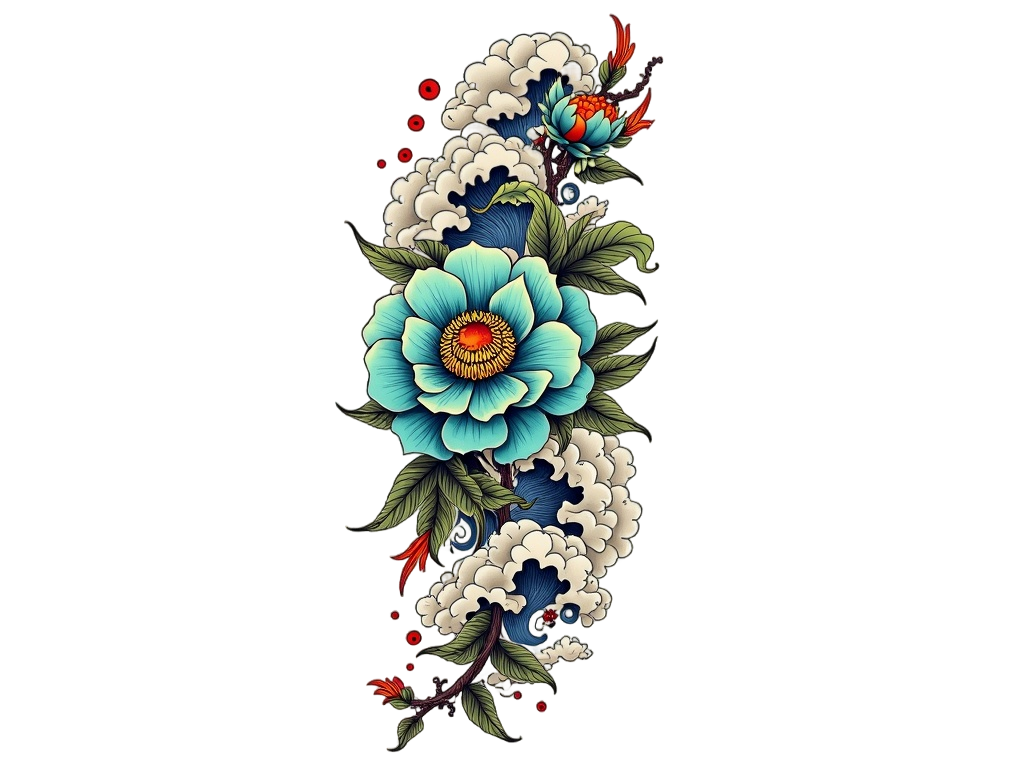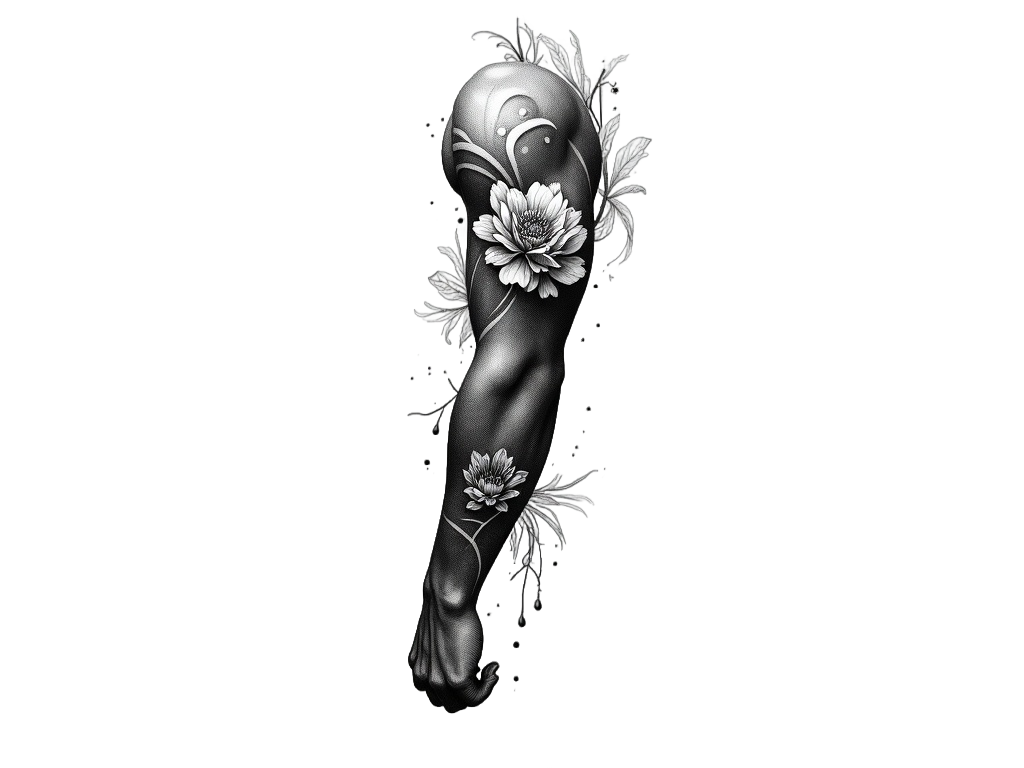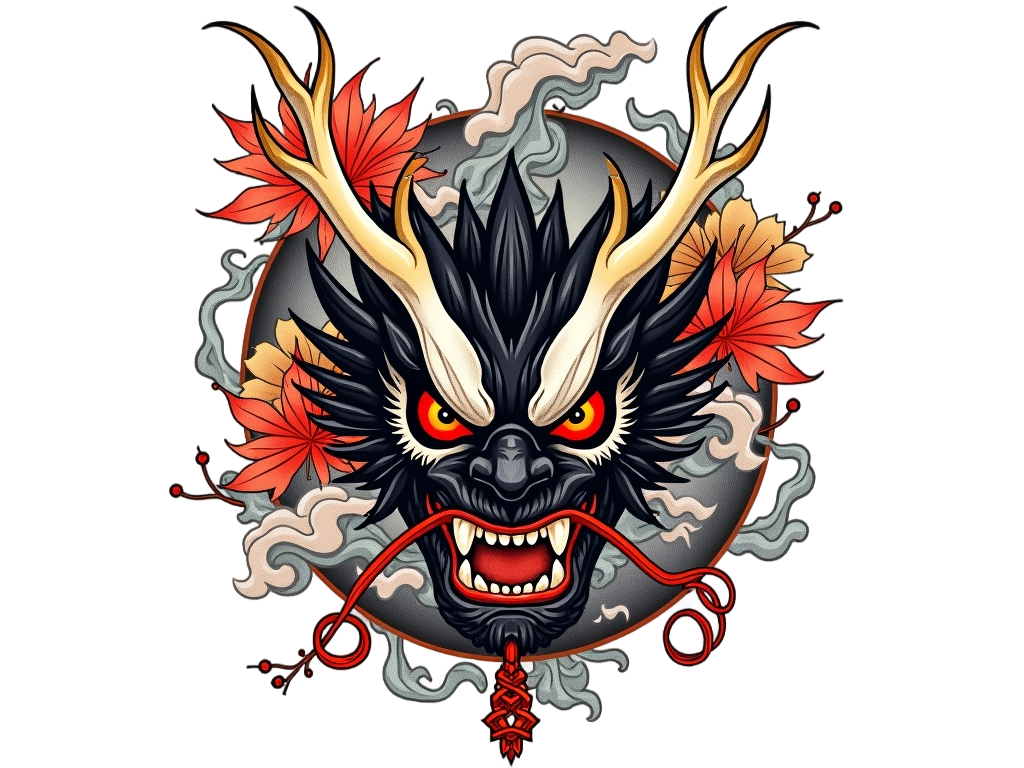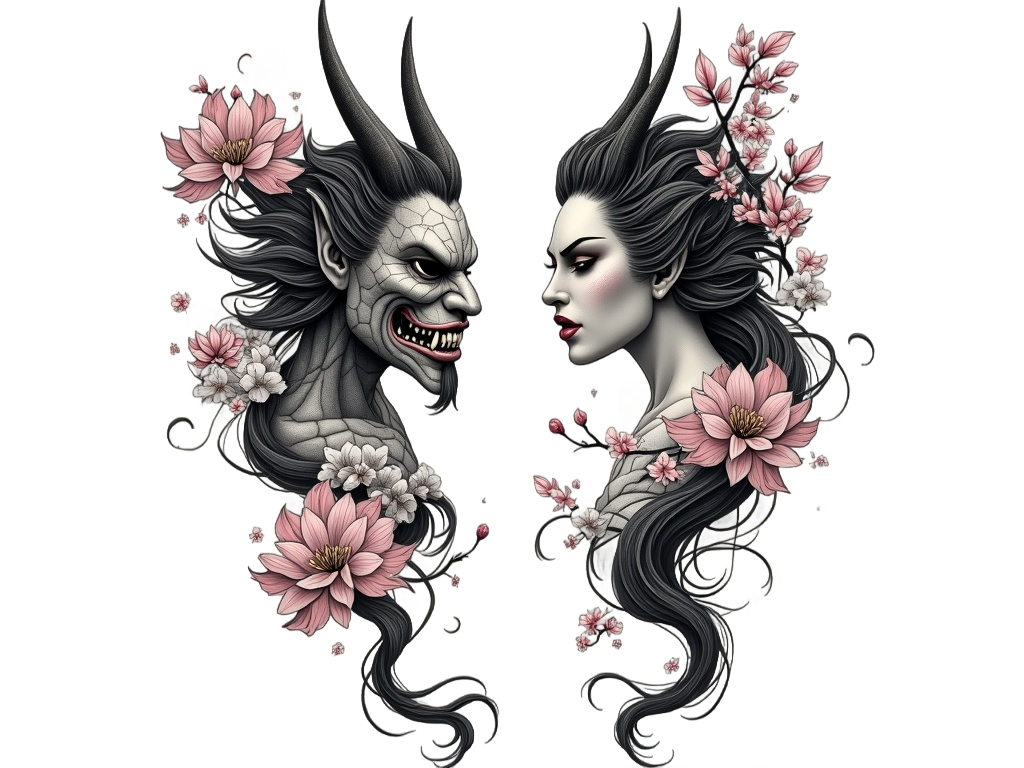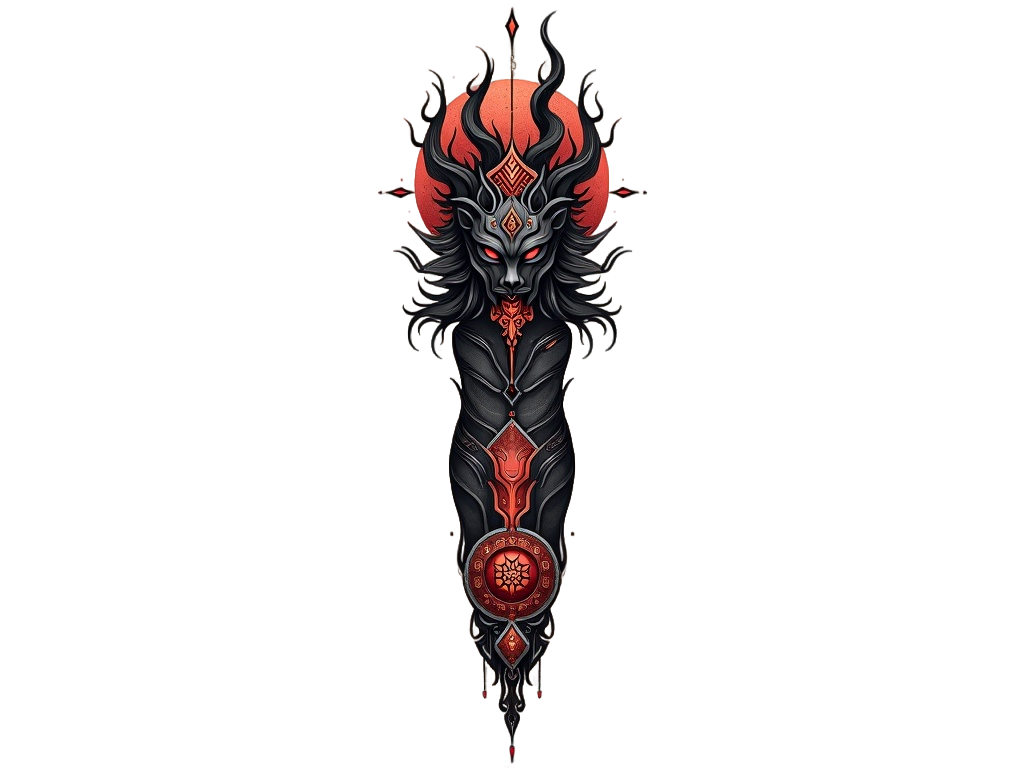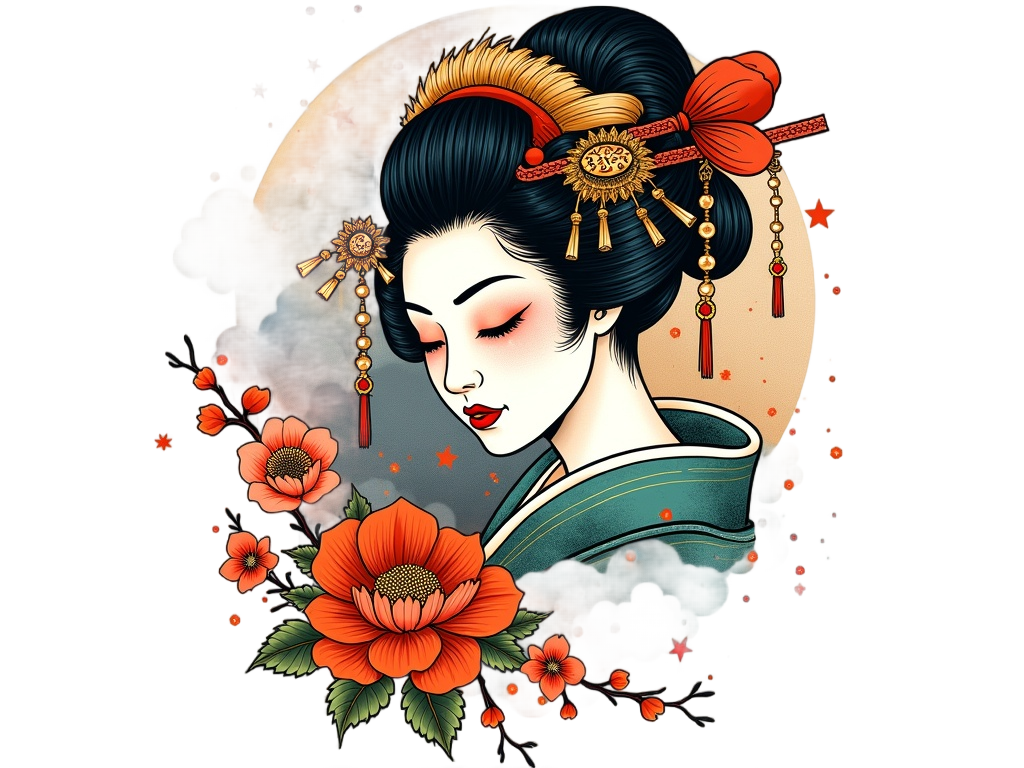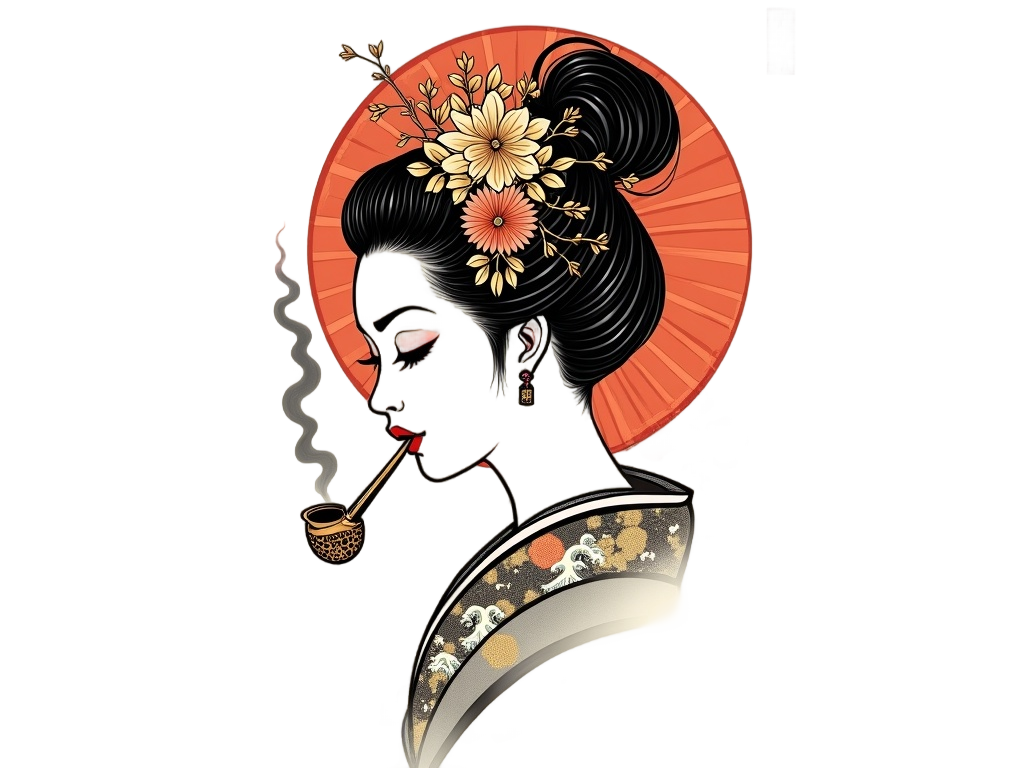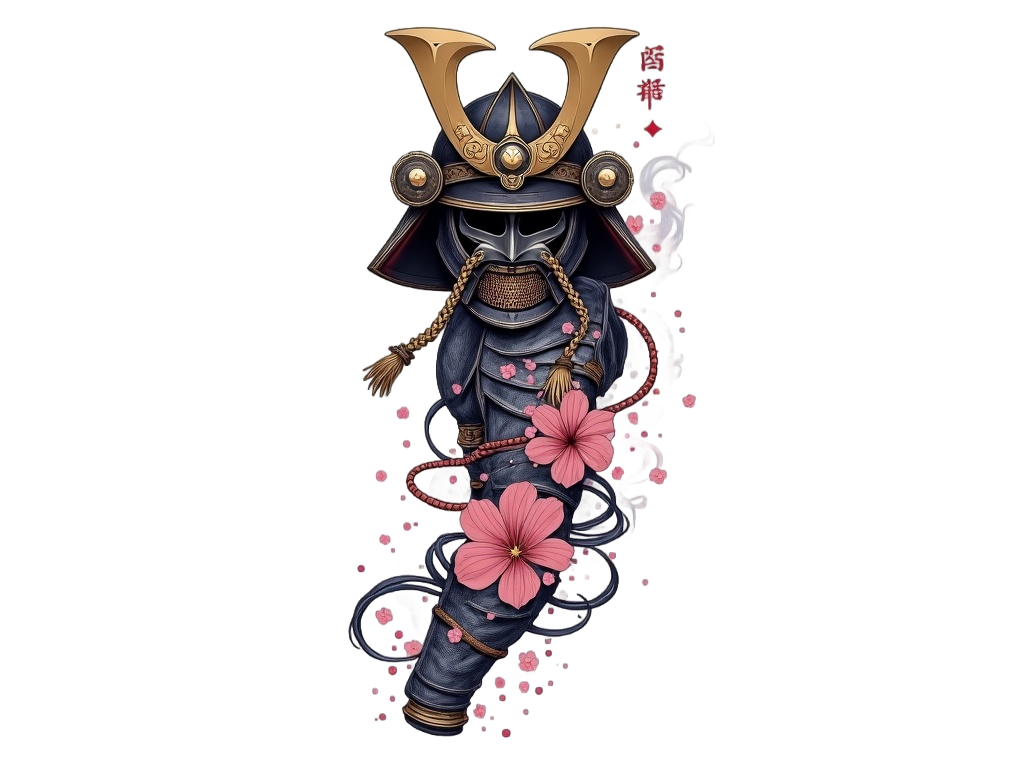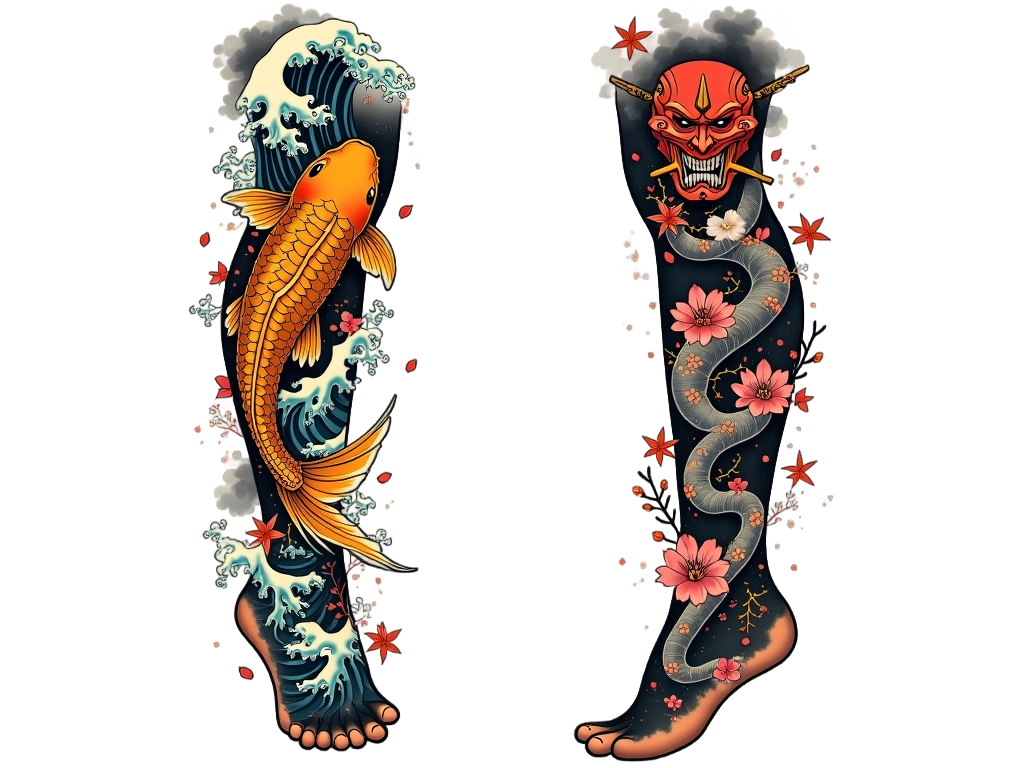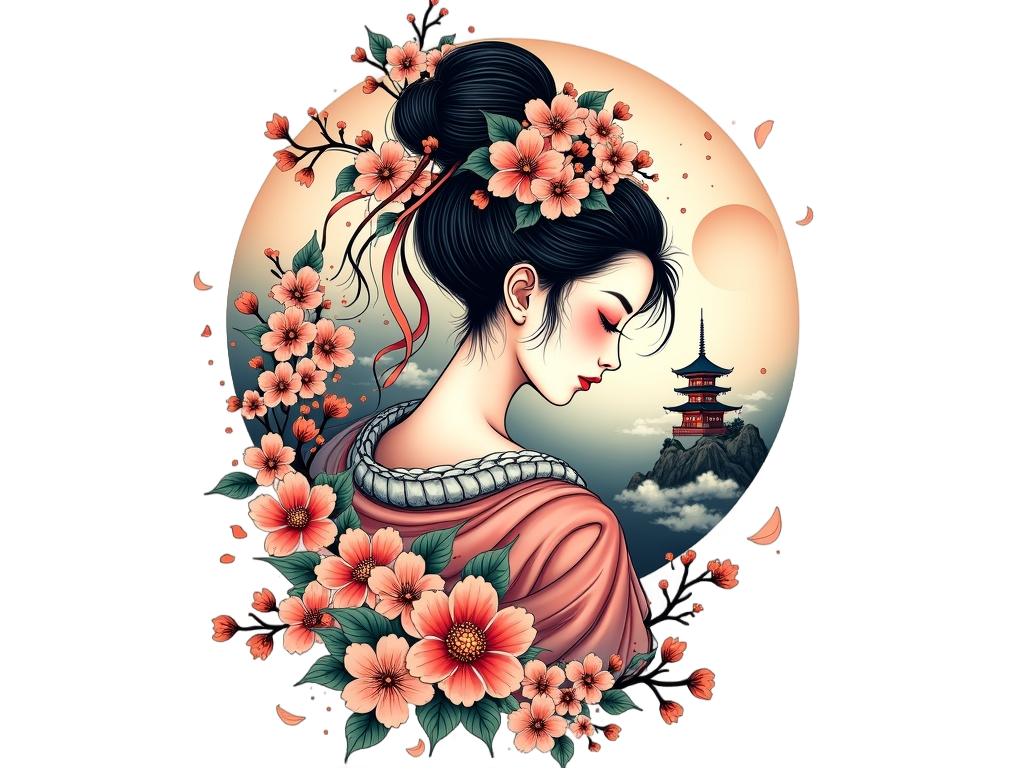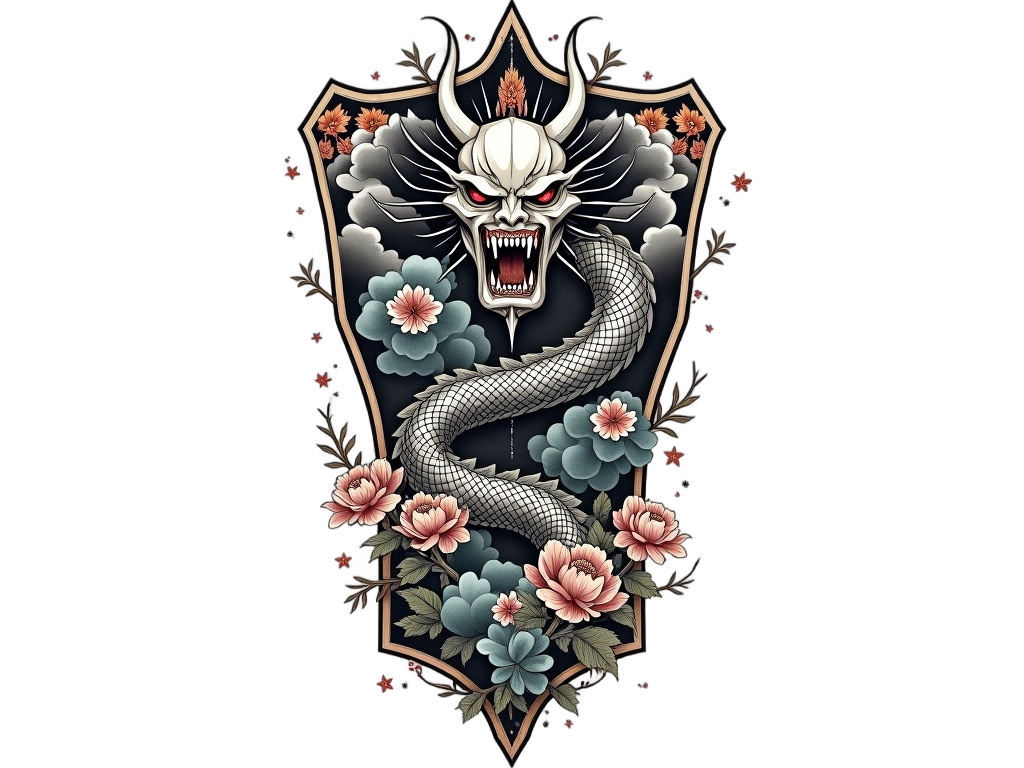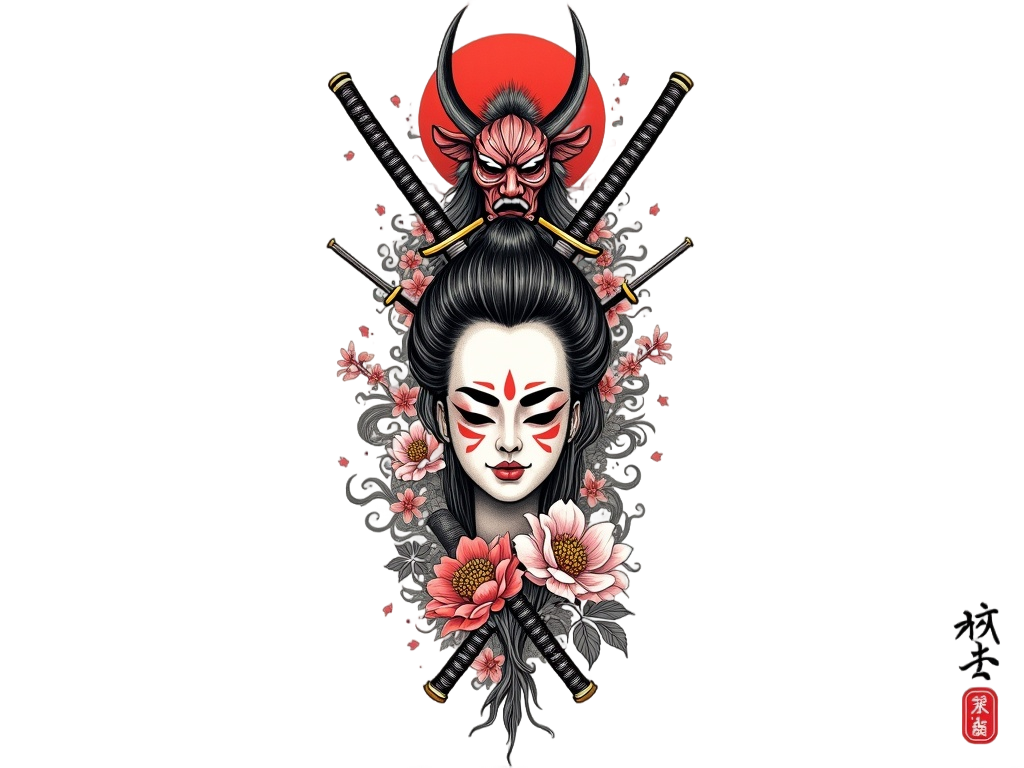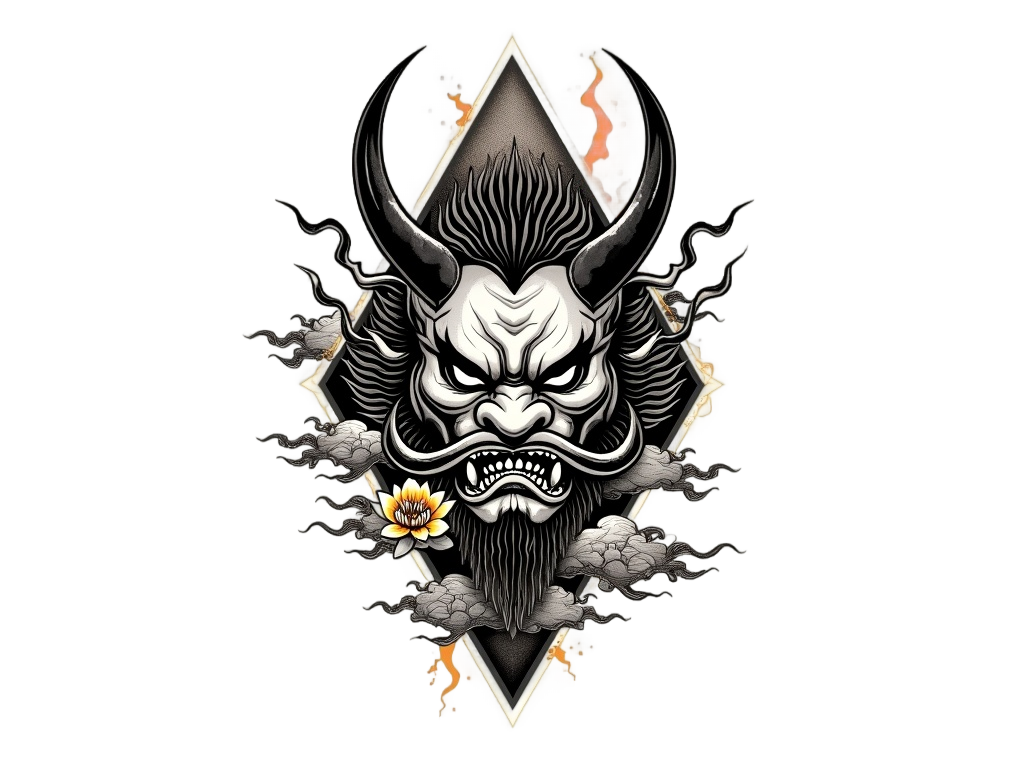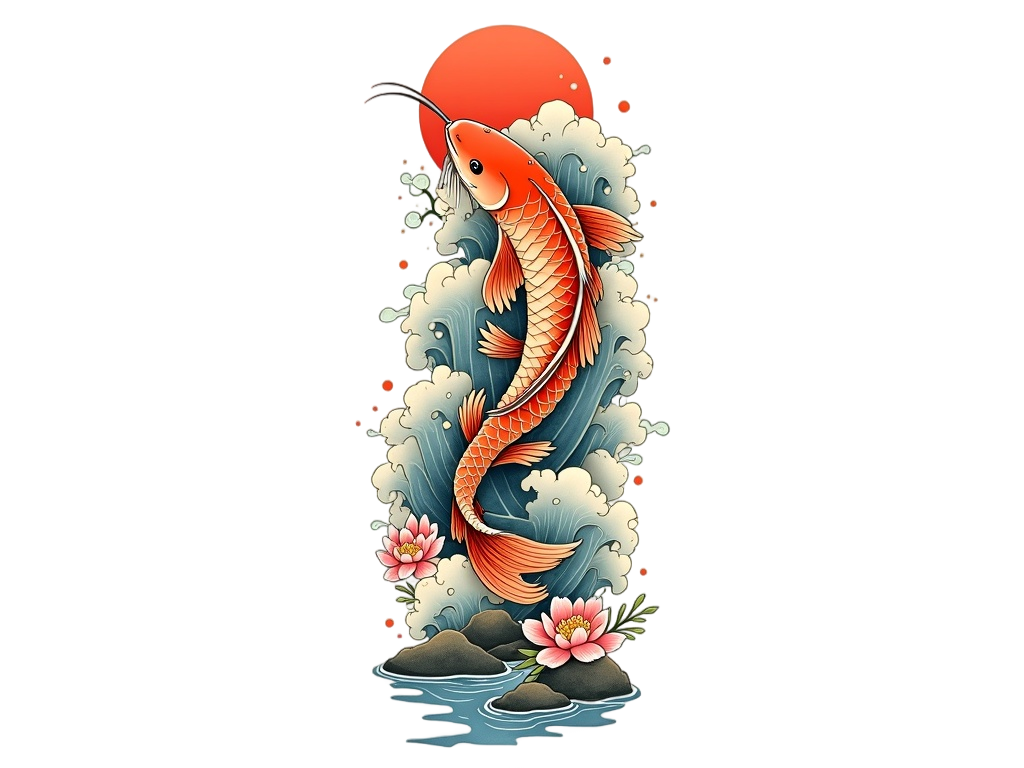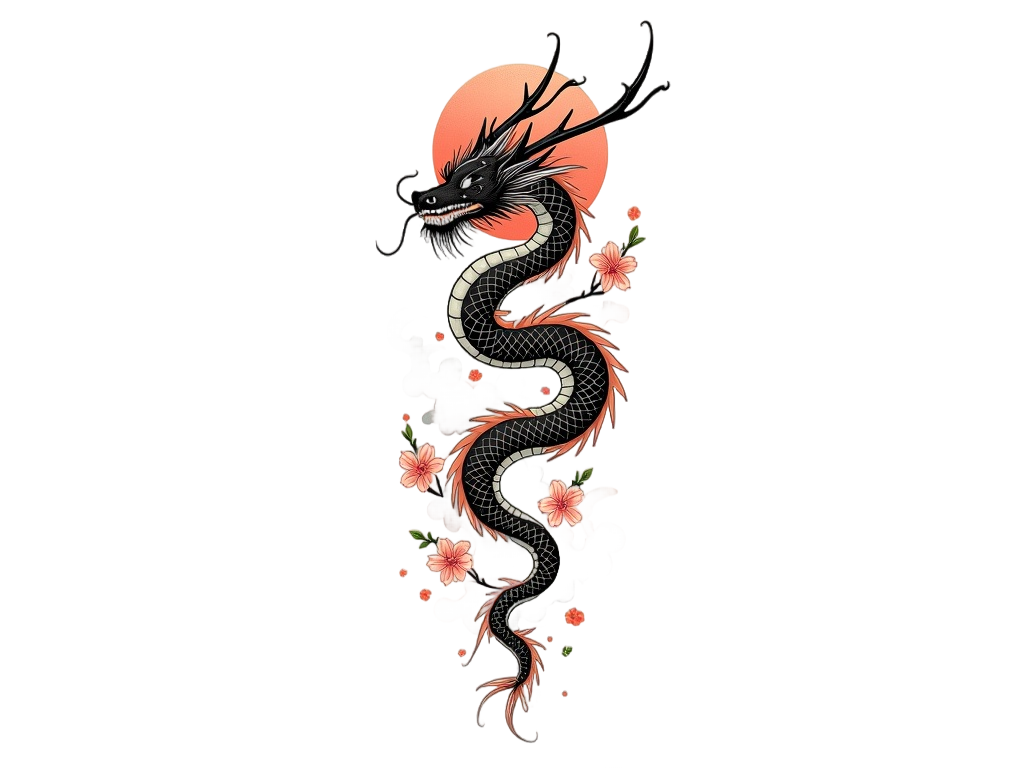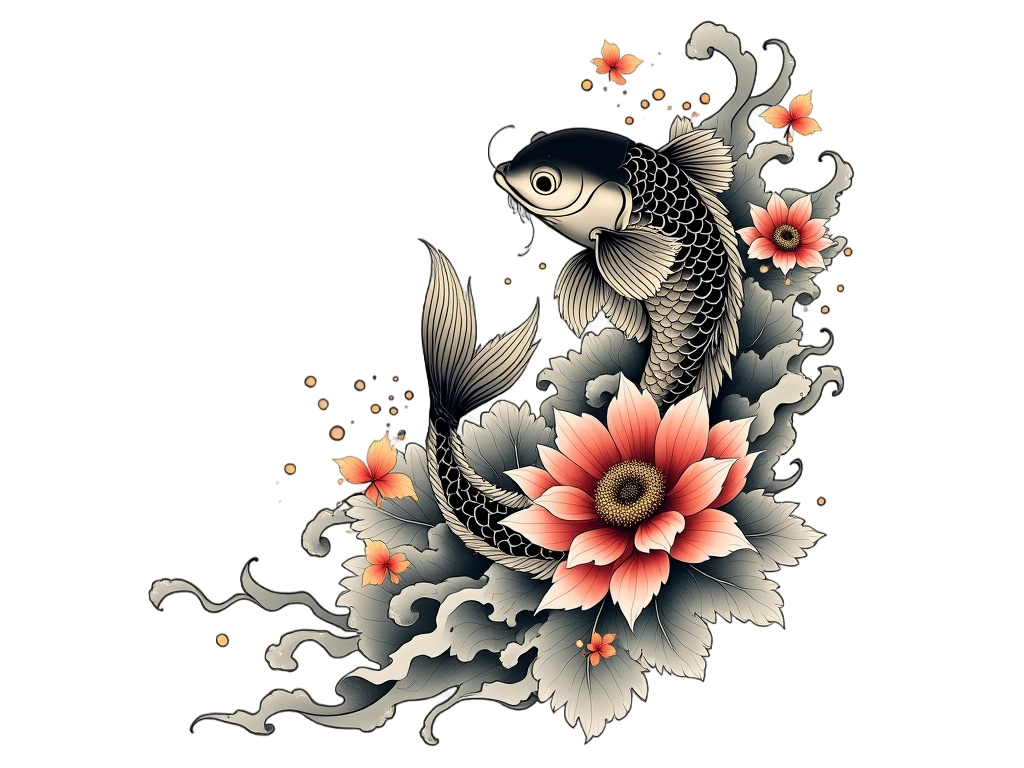Japanese Tattoo Ideas
Meaning of Japanese Tattoos
- Japanese style tattoos, also known as Irezumi, are deeply rooted in Japanese culture and history.
- These tattoos often feature traditional motifs such as koi fish, dragons, cherry blossoms, and samurai.
- Common meanings include strength, courage, and perseverance, often symbolized by dragons and koi fish.
- Cherry blossoms in Japanese tattoos represent the beauty and transience of life, reflecting the cultural appreciation for the fleeting nature of existence.
- Historically, Irezumi was associated with both spirituality and criminality, used by samurai for protection and by the Yakuza as a mark of identity.
- The art form is known for its bold lines, vibrant colors, and intricate details, often covering large areas of the body like the back, arms, or legs.
- Japanese tattoos are typically done in a full-body suit style, emphasizing harmony and balance in the design.
- The process of getting a traditional Japanese tattoo can be lengthy and painful, reflecting the commitment and dedication of the wearer.
- In modern times, Japanese style tattoos have gained global popularity, admired for their artistic beauty and cultural depth.
- While traditionally more common among men, Japanese tattoos are increasingly embraced by women, often with designs that incorporate more feminine elements like flowers and butterflies.
120 Tattoo Ideas
One App to Store All Your Tattoo Ideas
Store your tattoo ideas in one place and Virtual Try-On them on your body!

See Your Design On Your Body
With the virtual try-on feature, you can realistically see how any design looks on your body. Save screenshot and share with your tattoo artist!



Cultural Considerations and Taboos for Japanese Tattoos
Japanese tattoos can be associated with the Yakuza, the Japanese organized crime syndicates, which has led to a stigma around tattoos in Japan. This association can make tattoos taboo in certain public places like bathhouses, gyms, and swimming pools in Japan. It's important to be aware of these cultural sensitivities when considering a Japanese style tattoo, especially if you plan to visit or live in Japan. Additionally, using certain symbols without understanding their cultural significance can be seen as disrespectful or as cultural appropriation.
Popular Tattoo Styles and Variations for Japanese Tattoos
Japanese style tattoos are known for their bold lines, vibrant colors, and detailed designs. Popular styles include traditional Irezumi, which is done by hand using a technique called 'tebori', and modern interpretations that use electric tattoo machines. Variations can include full-body suits, sleeves, or smaller pieces that focus on a single element like a koi fish or cherry blossom. The style is characterized by its use of negative space and the integration of natural elements like water and wind to create a sense of movement.
Historical Origins and Evolution of Japanese Tattoos
The history of Japanese tattoos dates back to the Jomon period (10,000 BCE to 300 BCE), where tattoos were used for spiritual and decorative purposes. During the Edo period (1603-1868), tattoos became associated with criminals, who were marked as a form of punishment. However, they also gained popularity among the working class as a form of art and expression. The Meiji government banned tattoos in 1872, associating them with criminality, but the art form continued to thrive underground. Today, Japanese tattoos are celebrated for their artistry and cultural significance, although they still carry some of the historical stigma.
